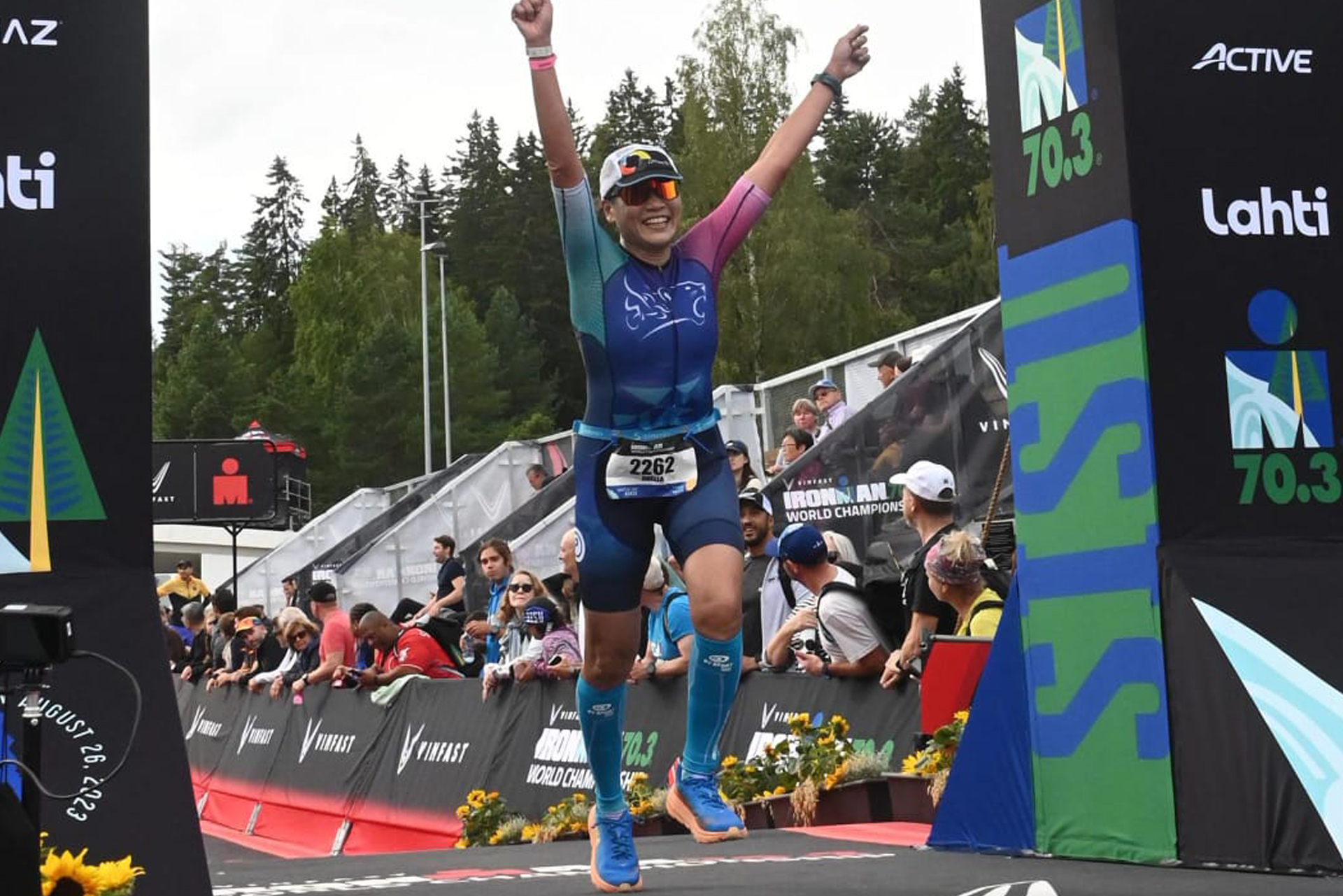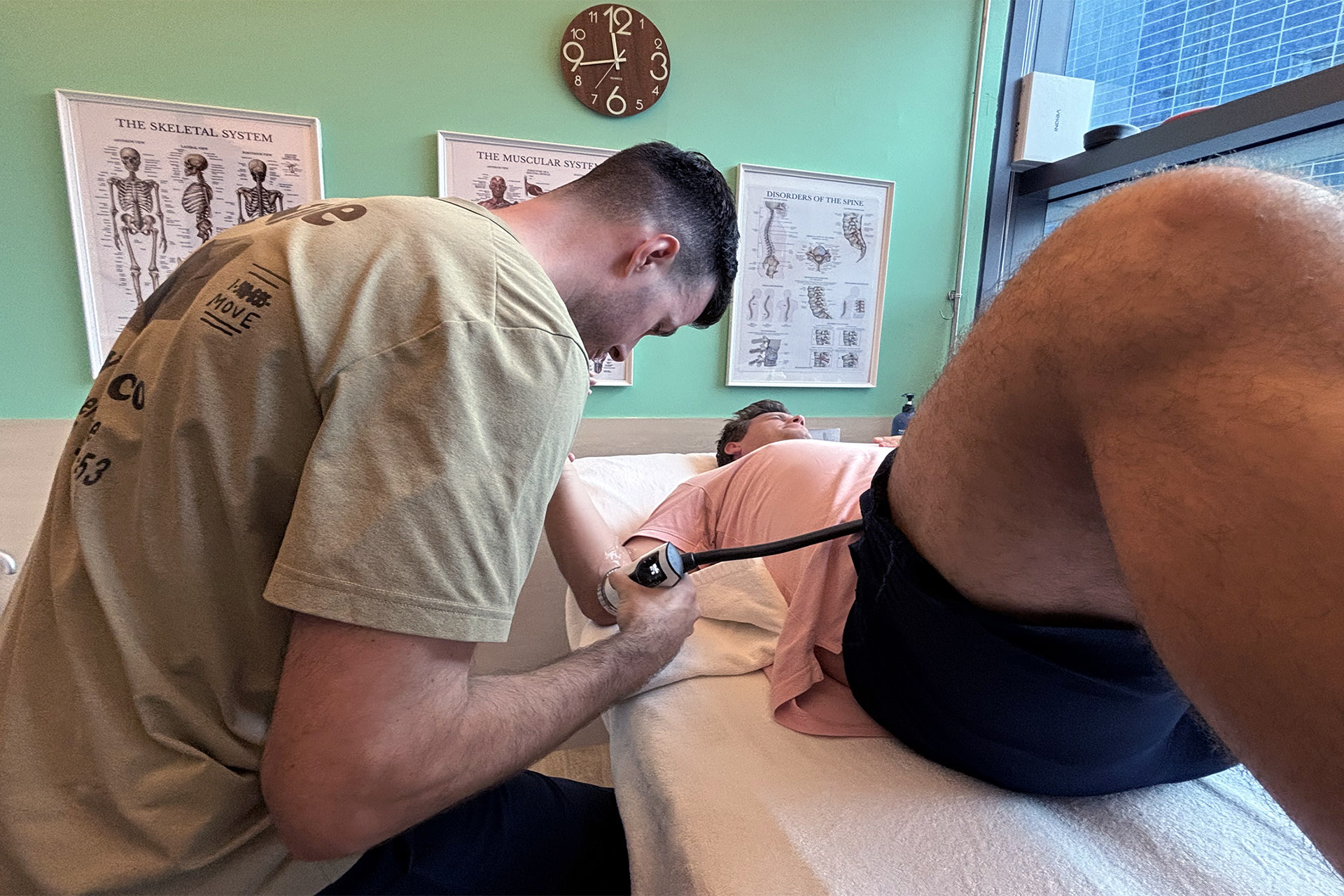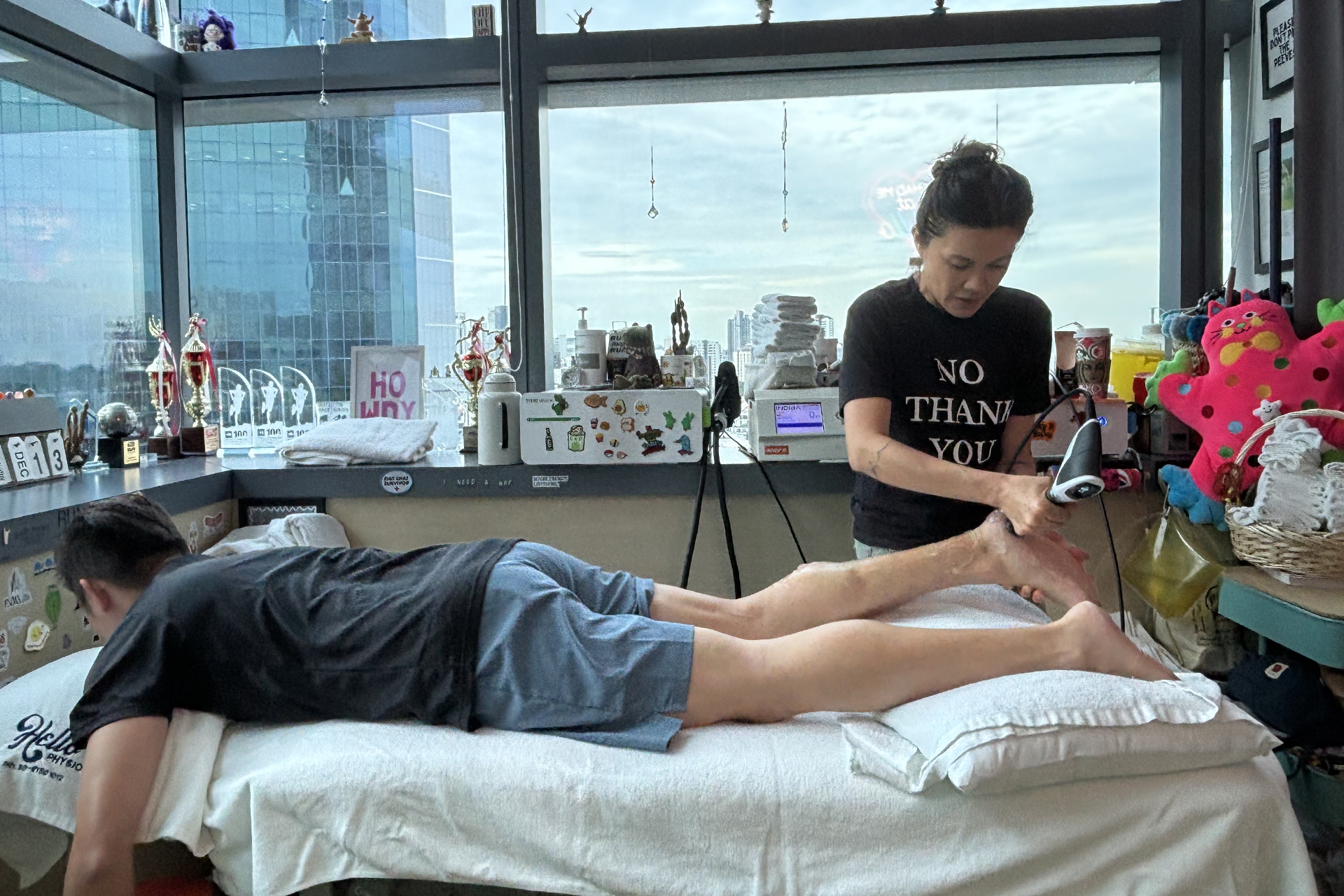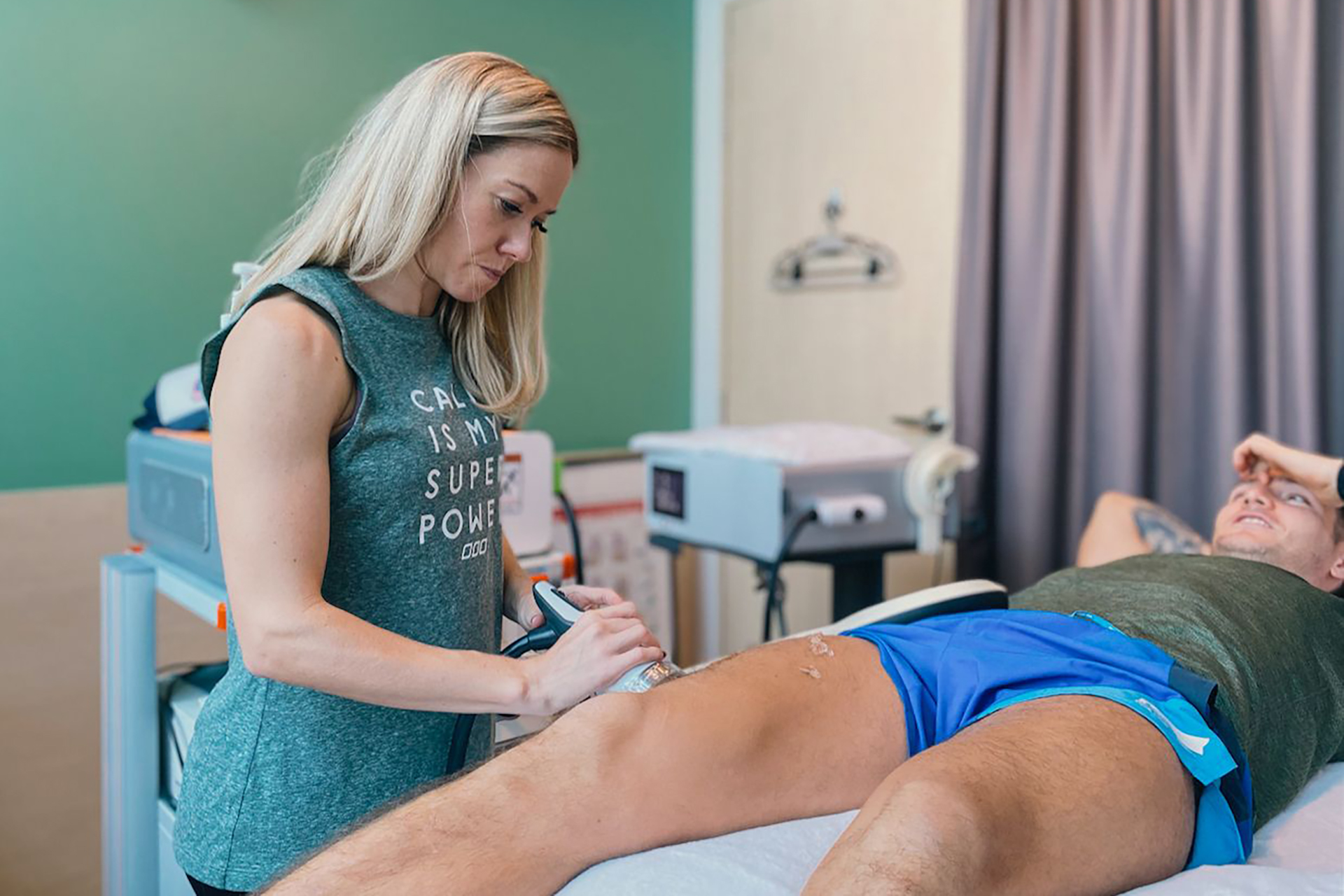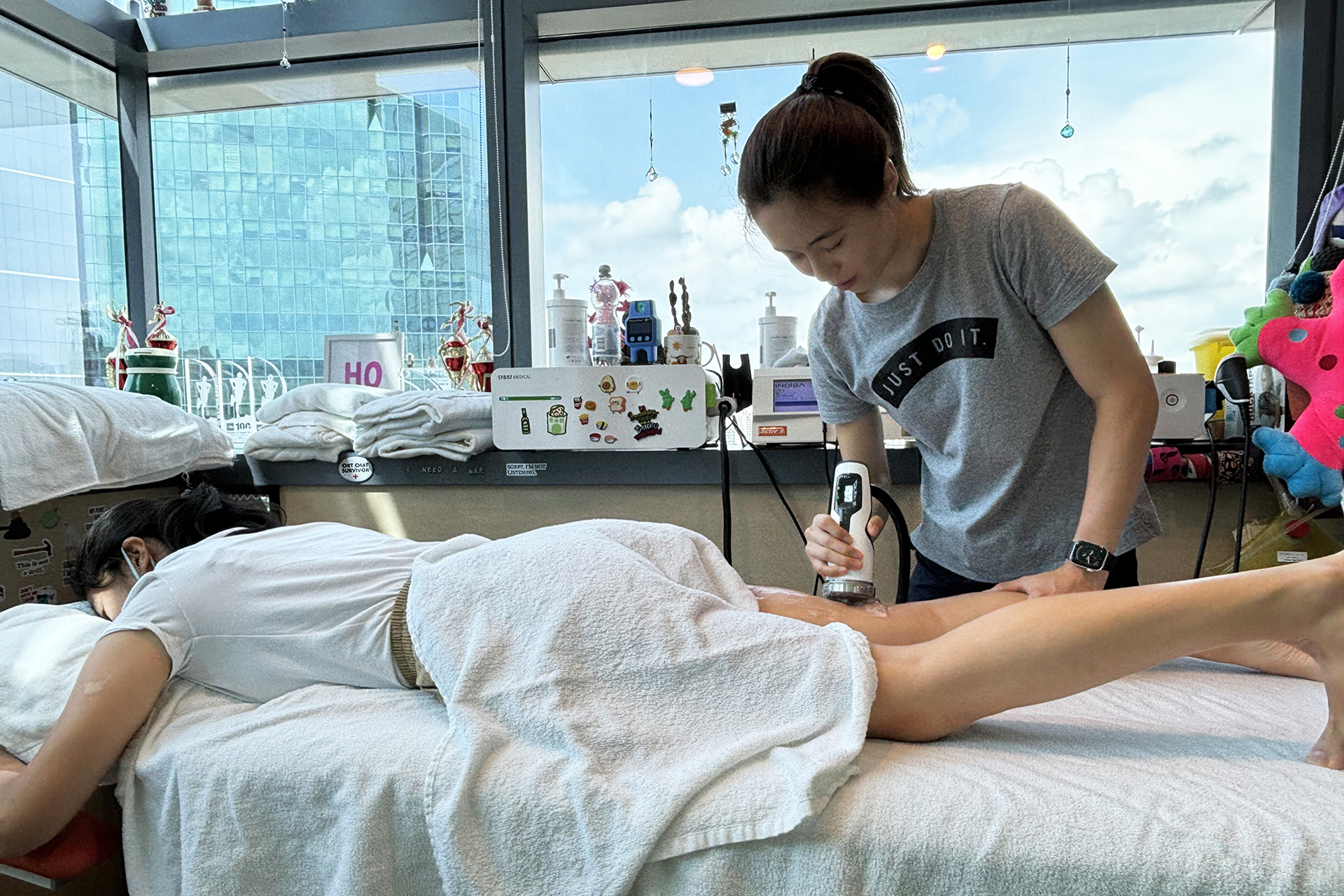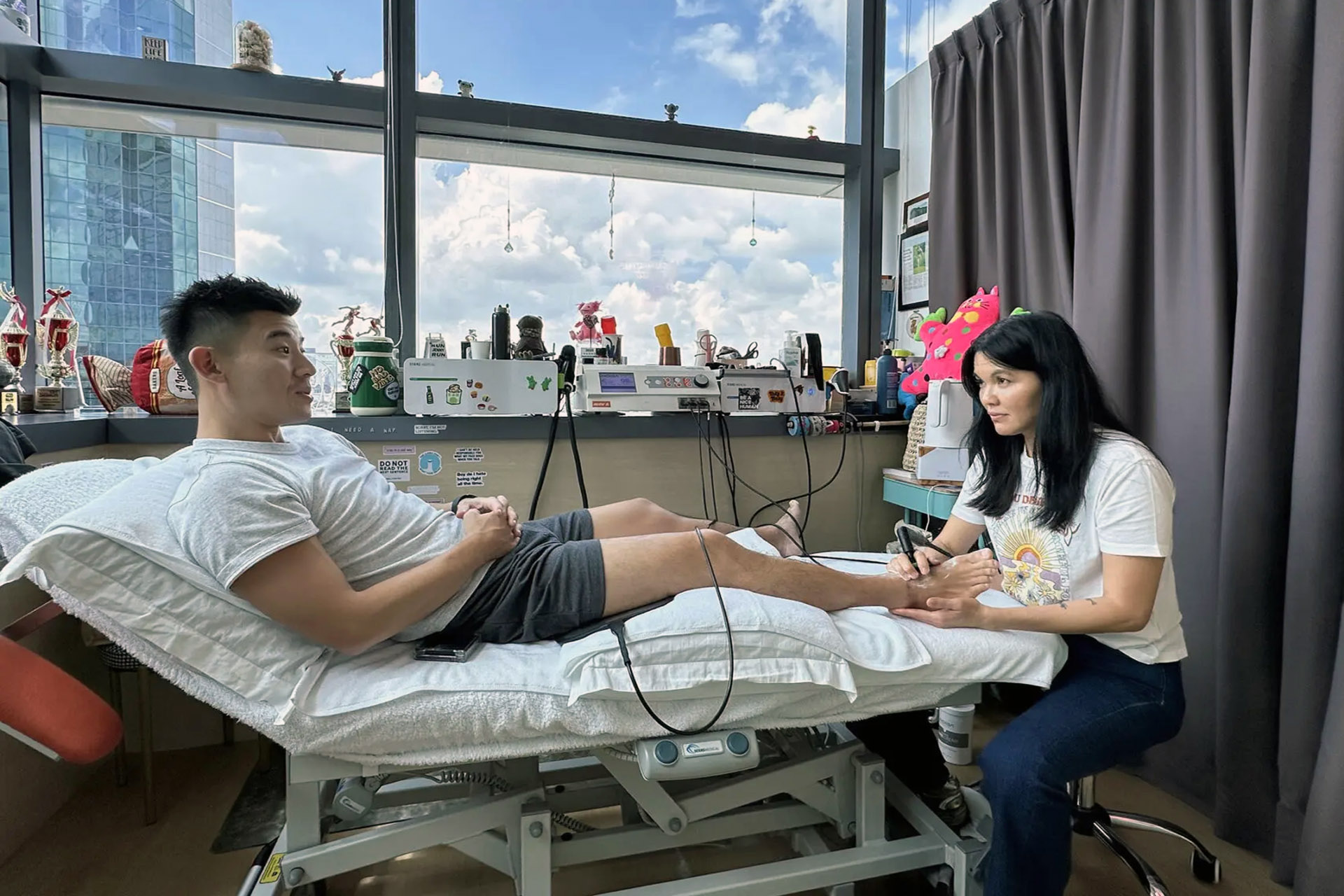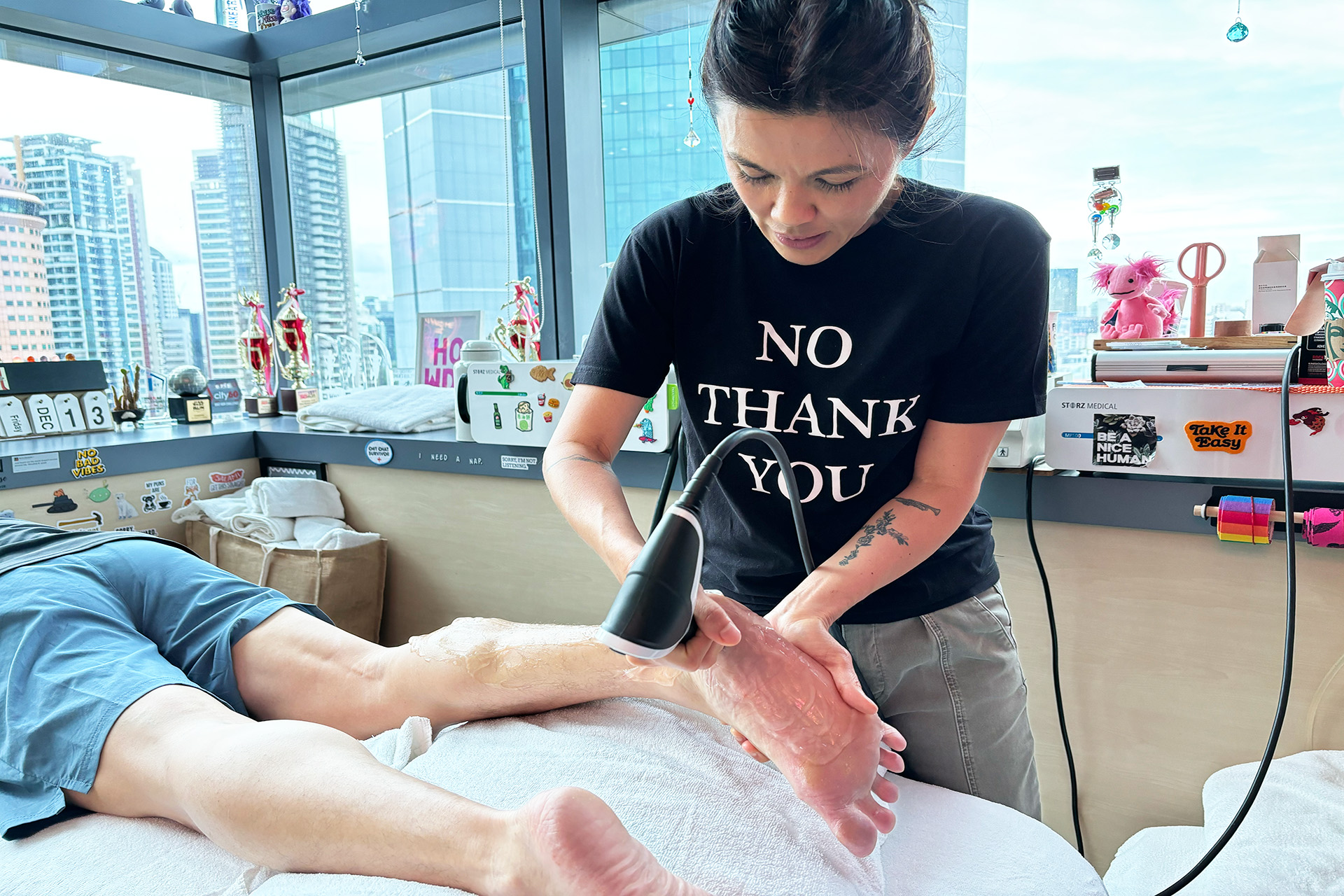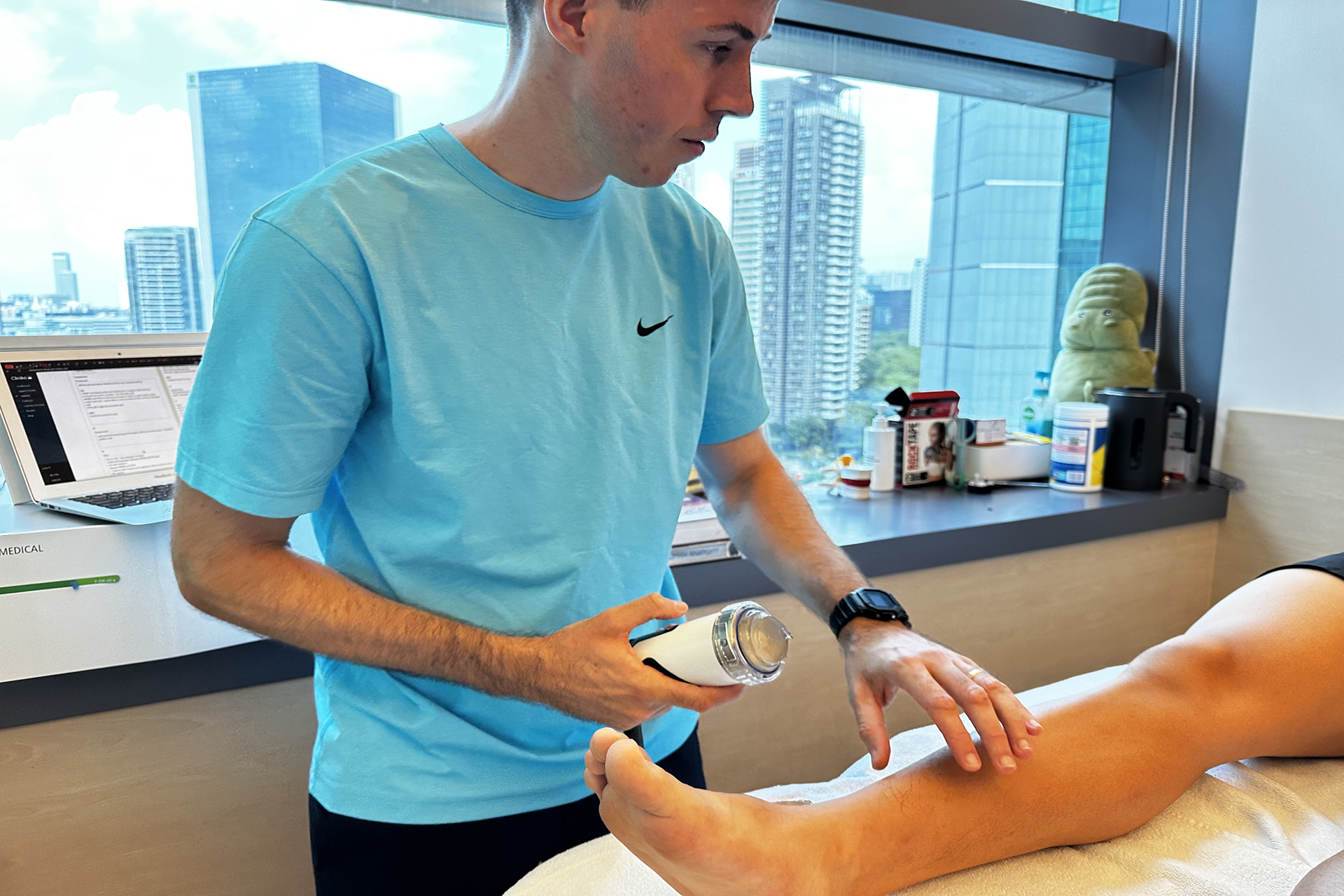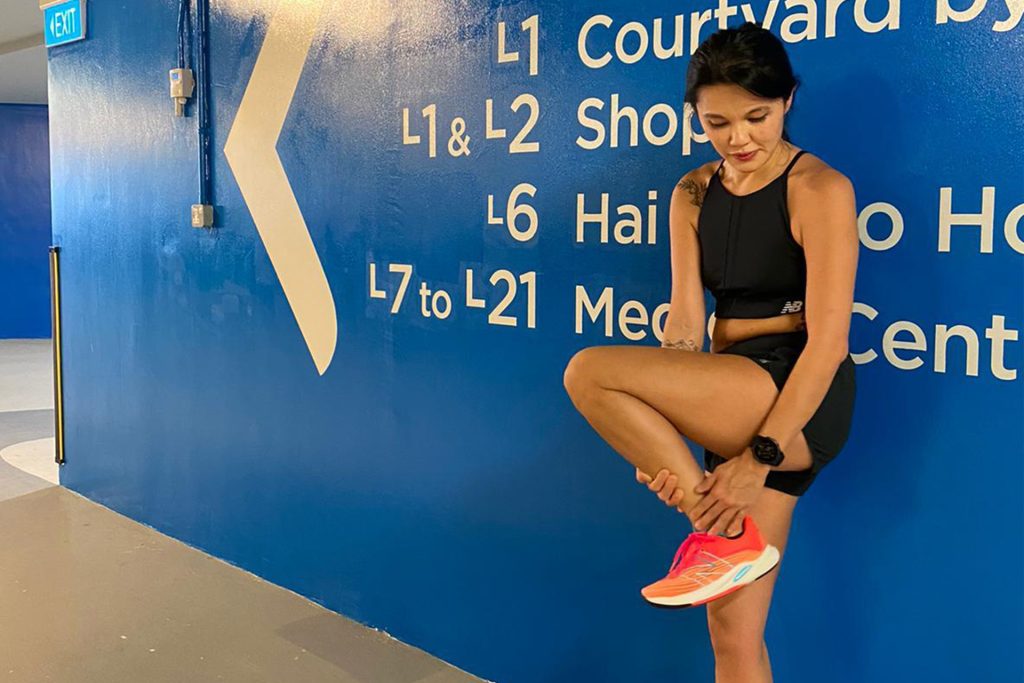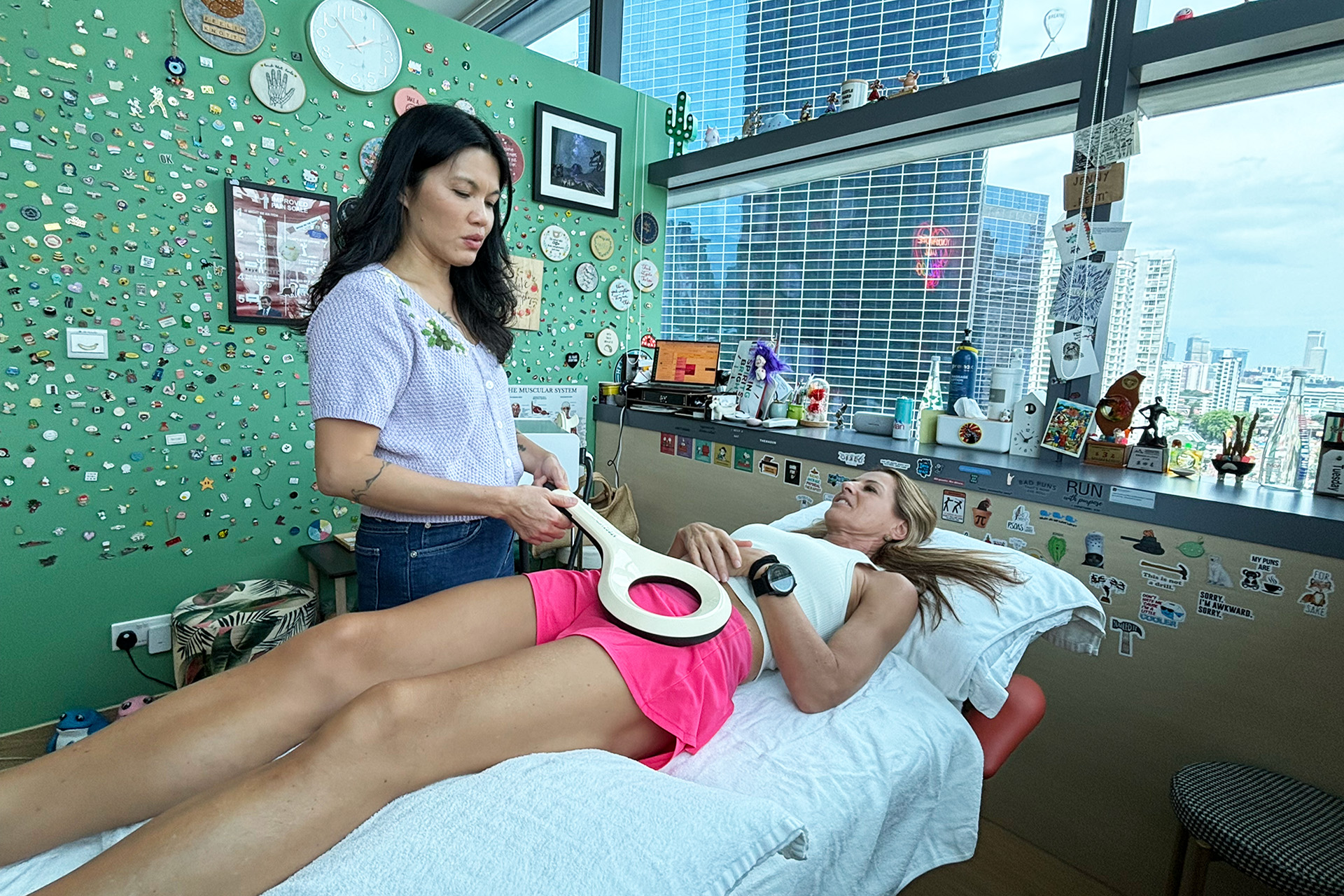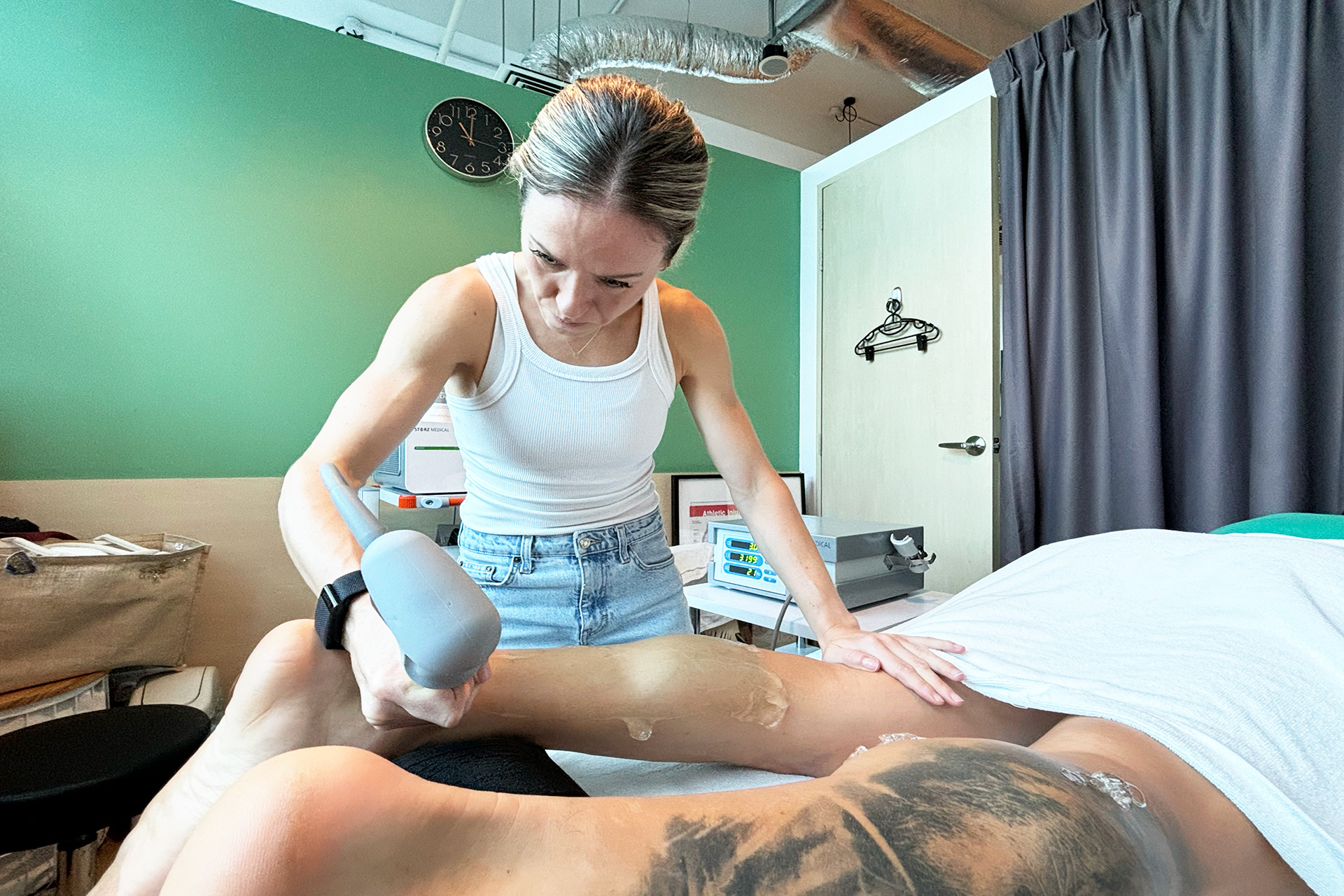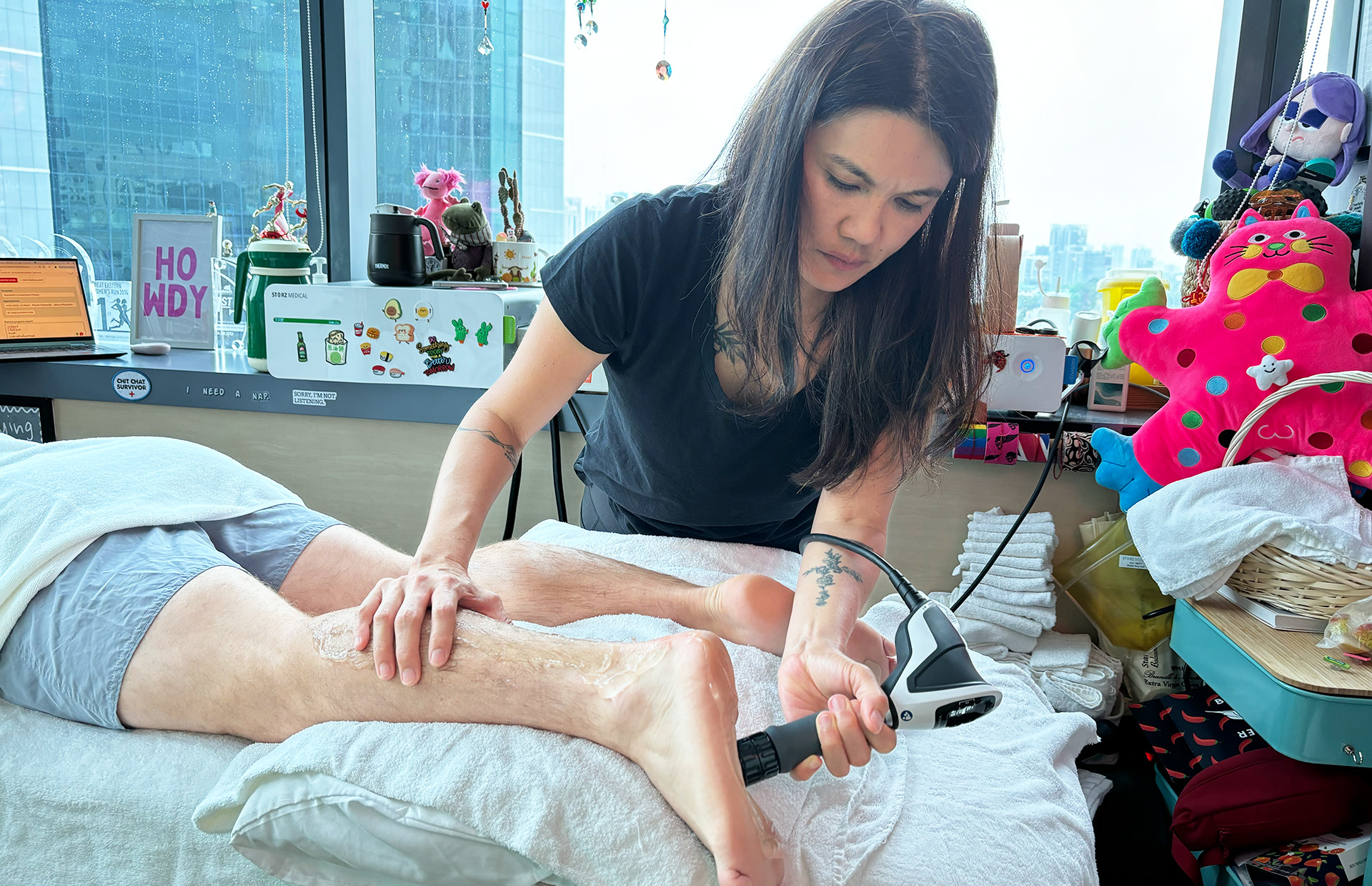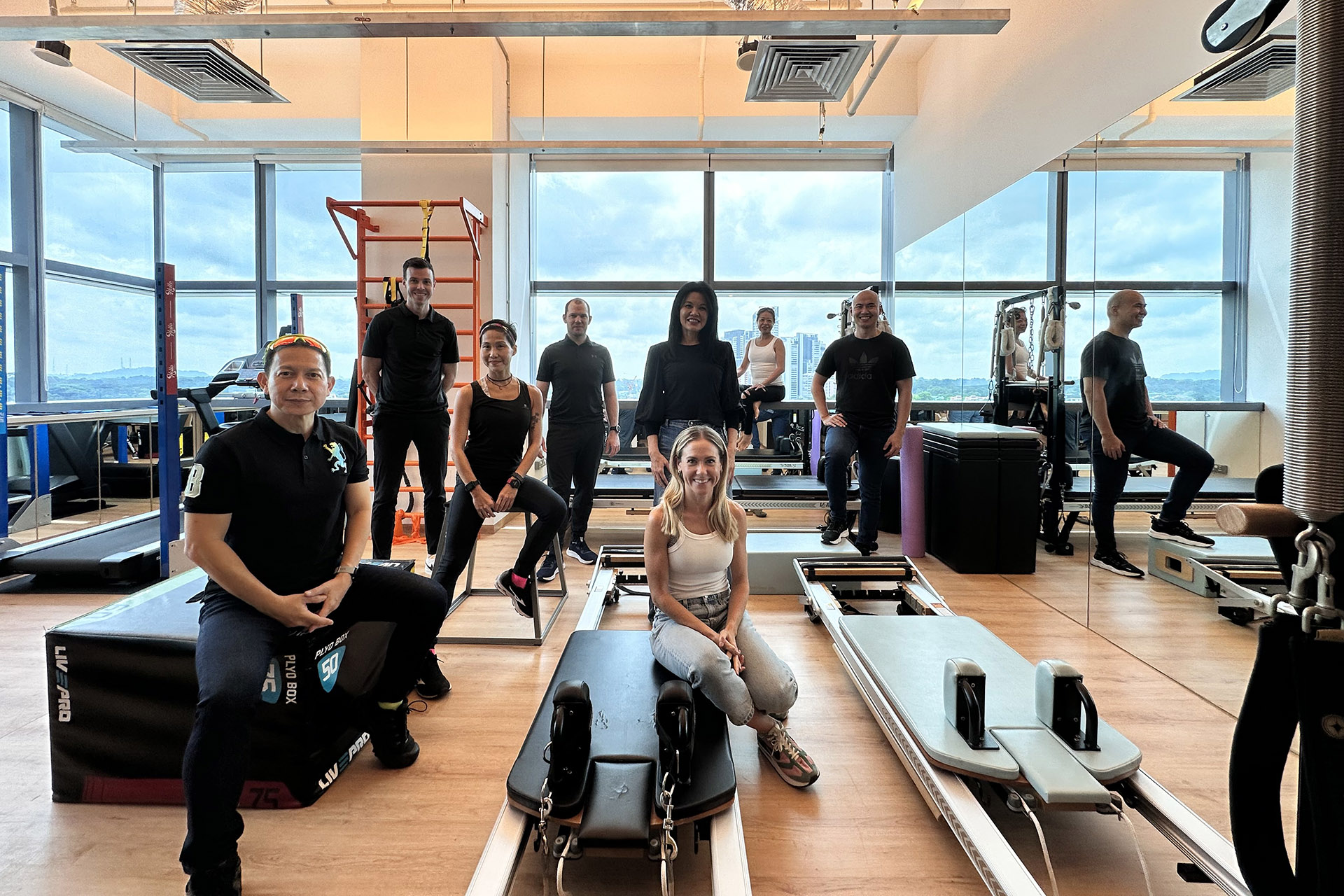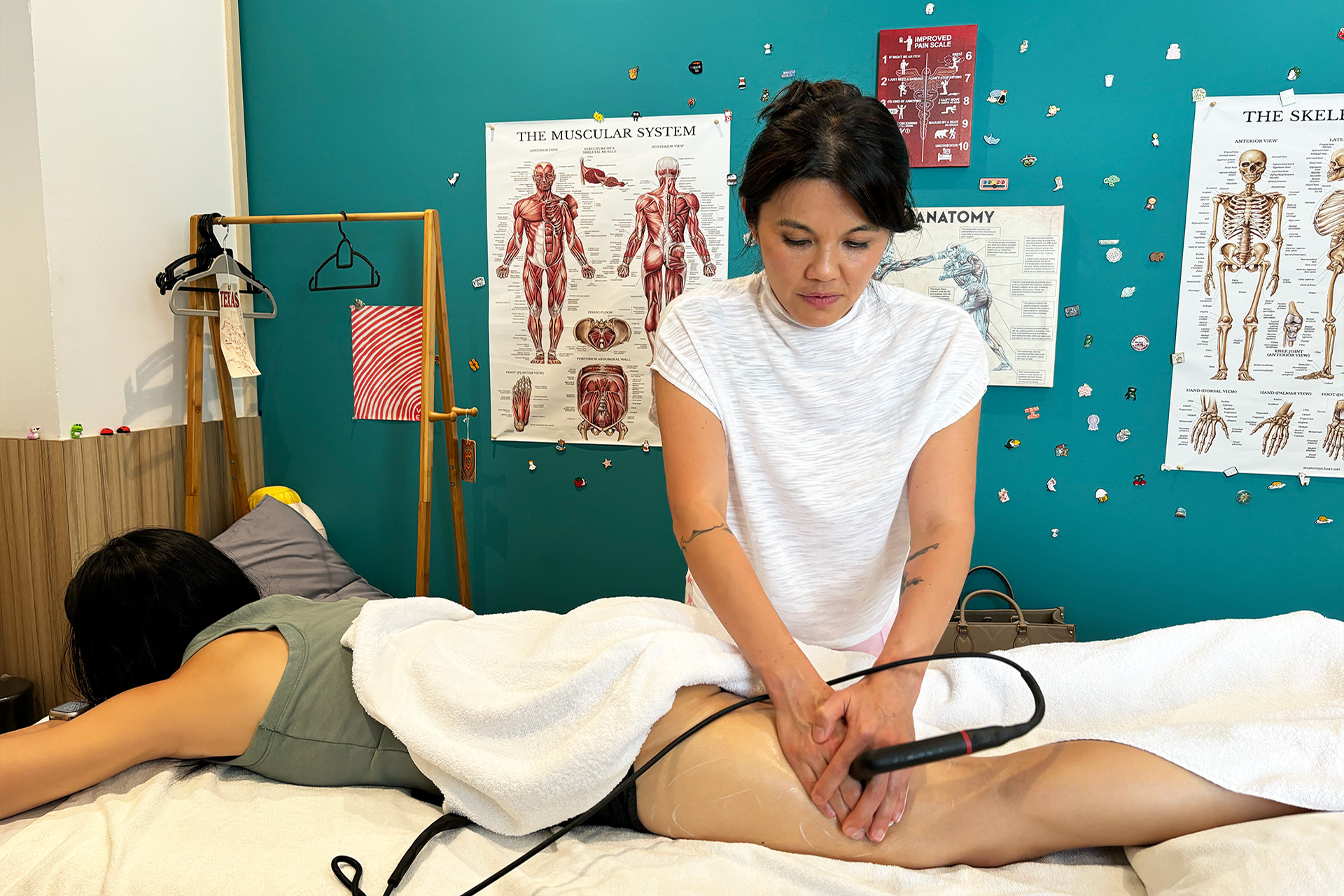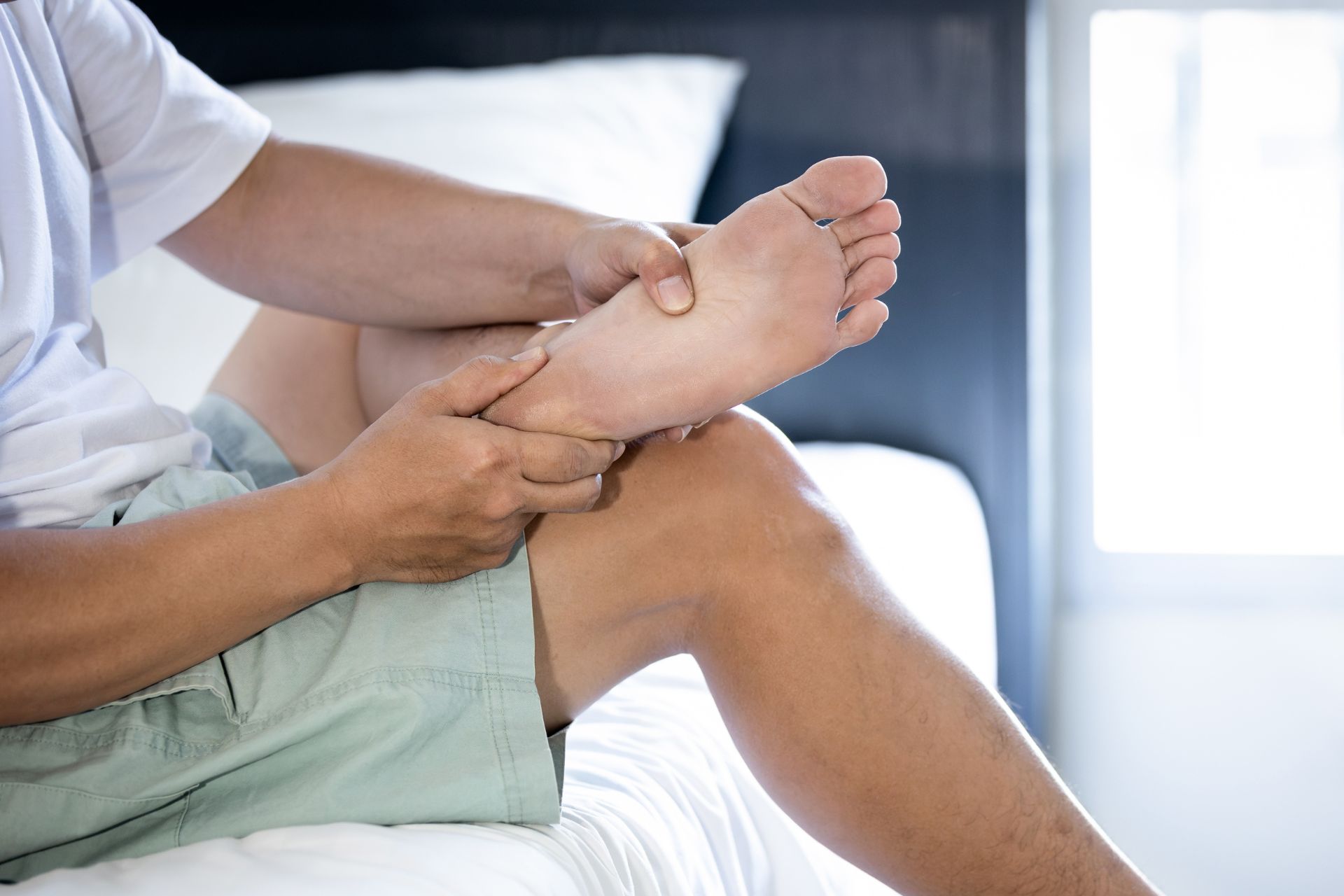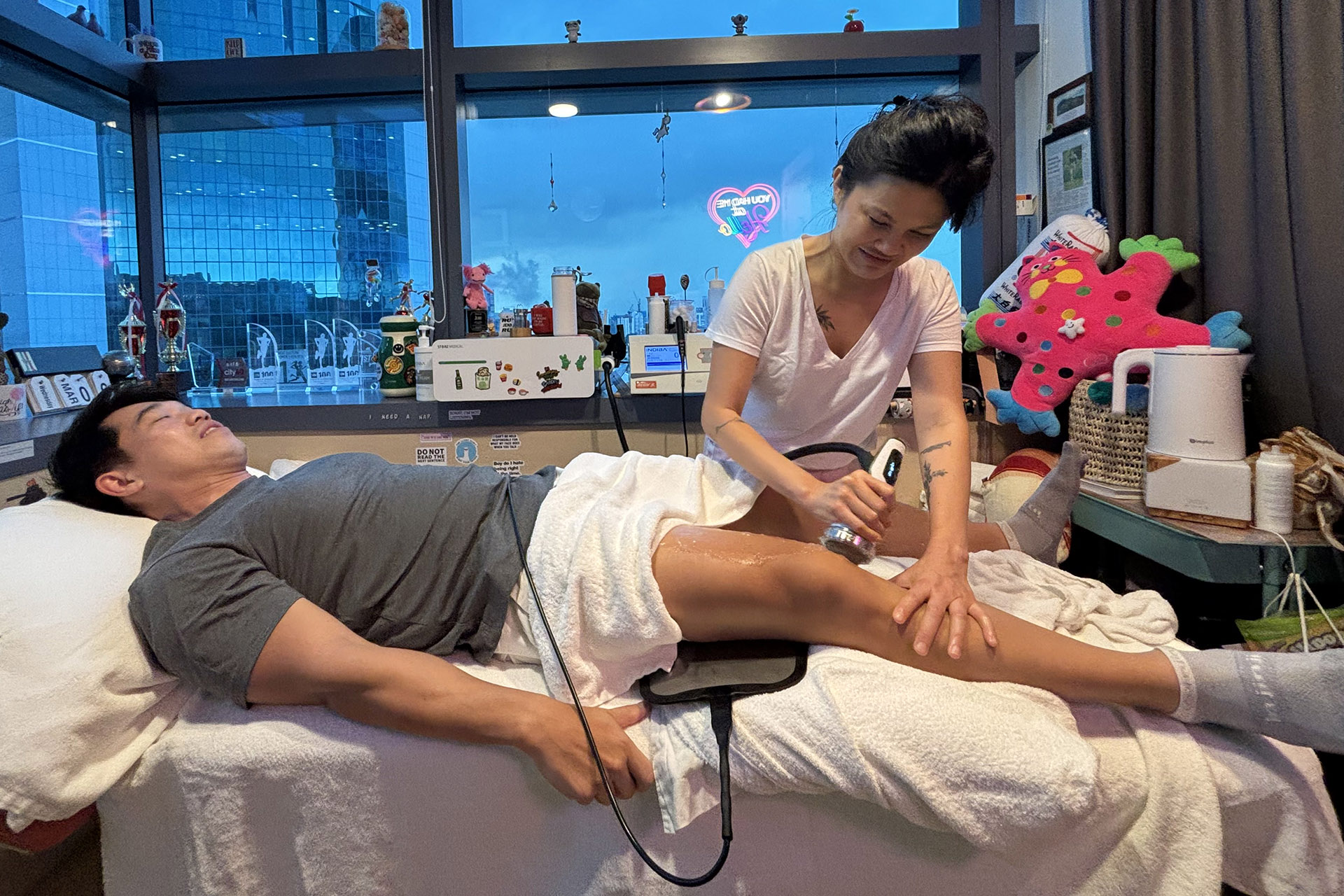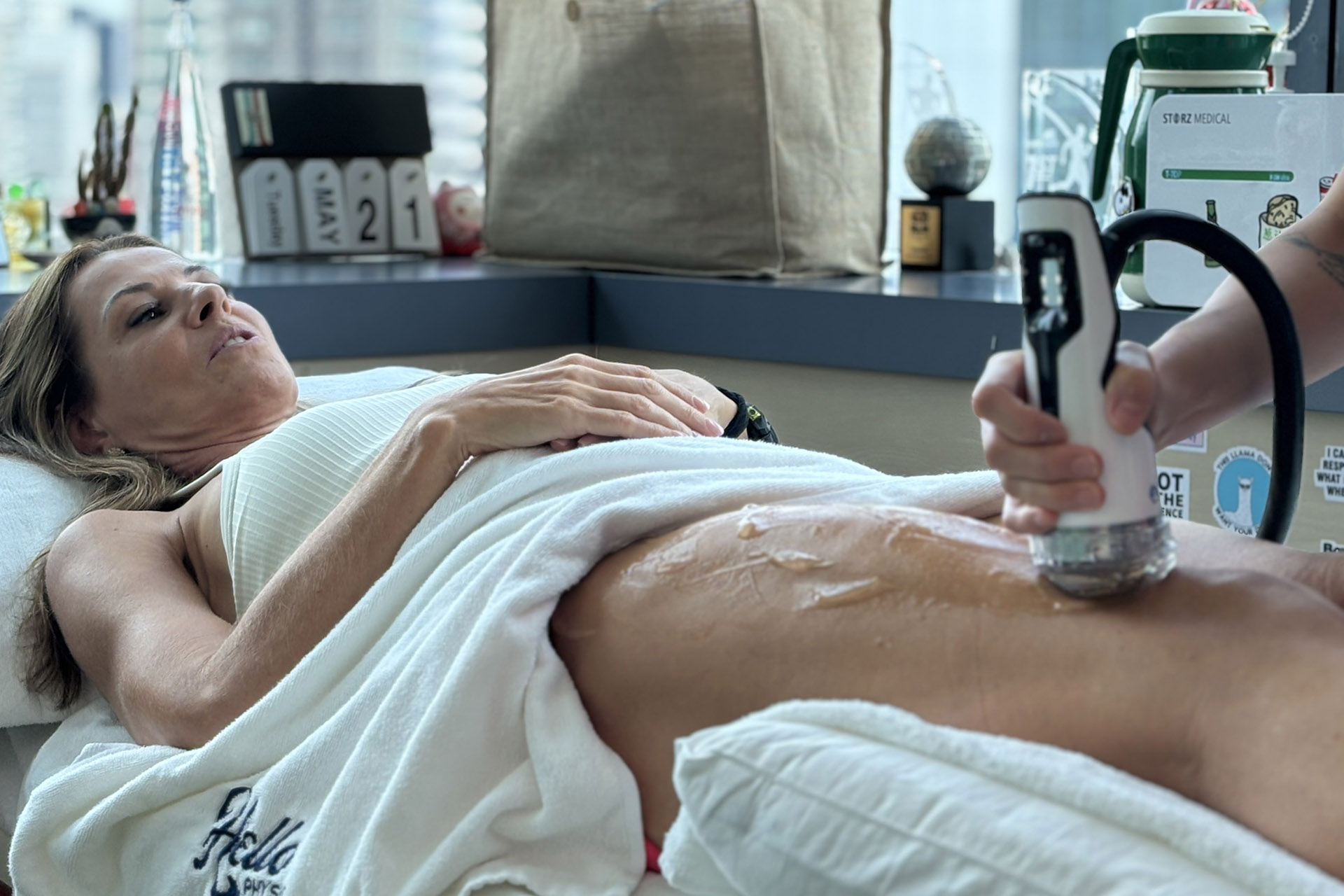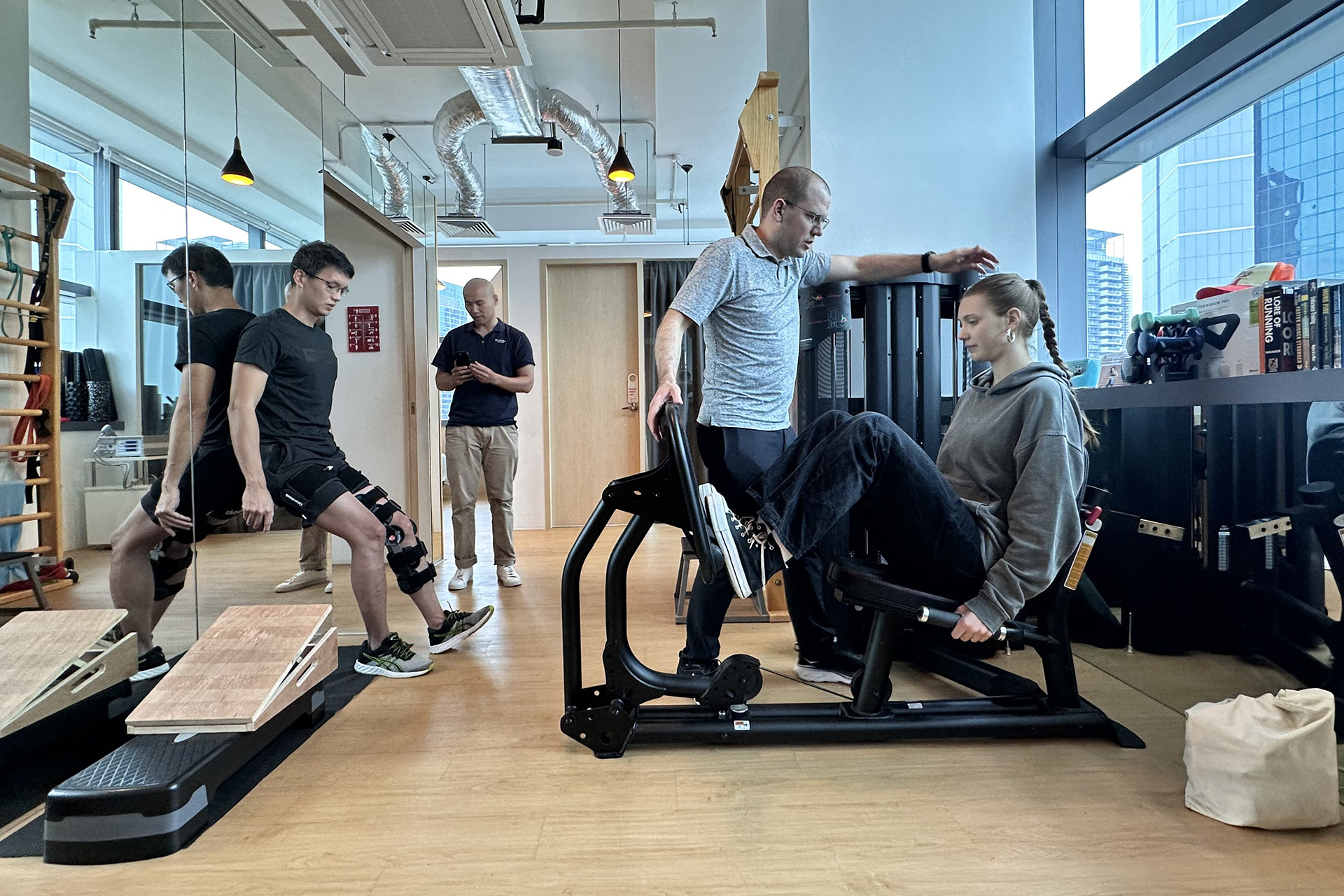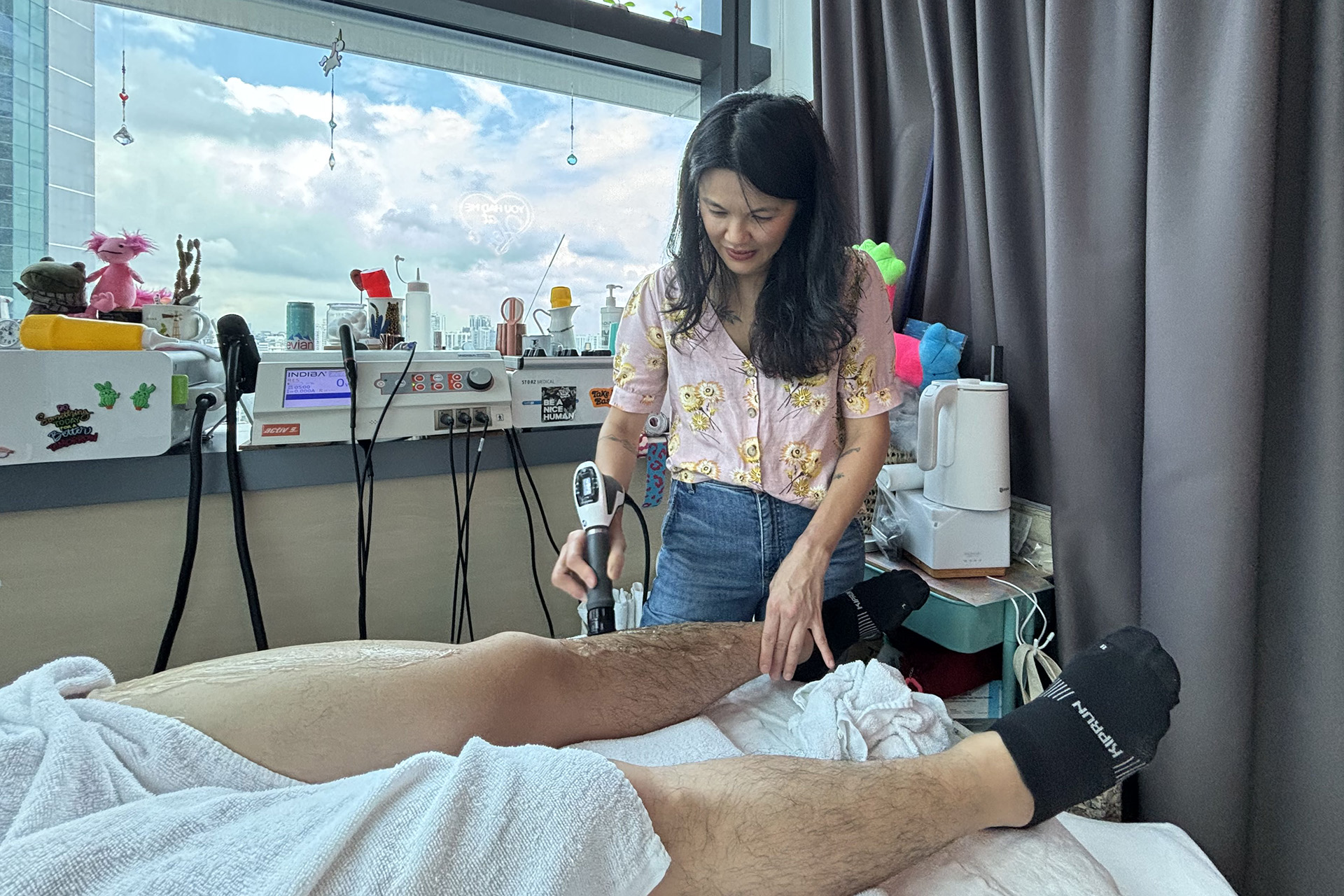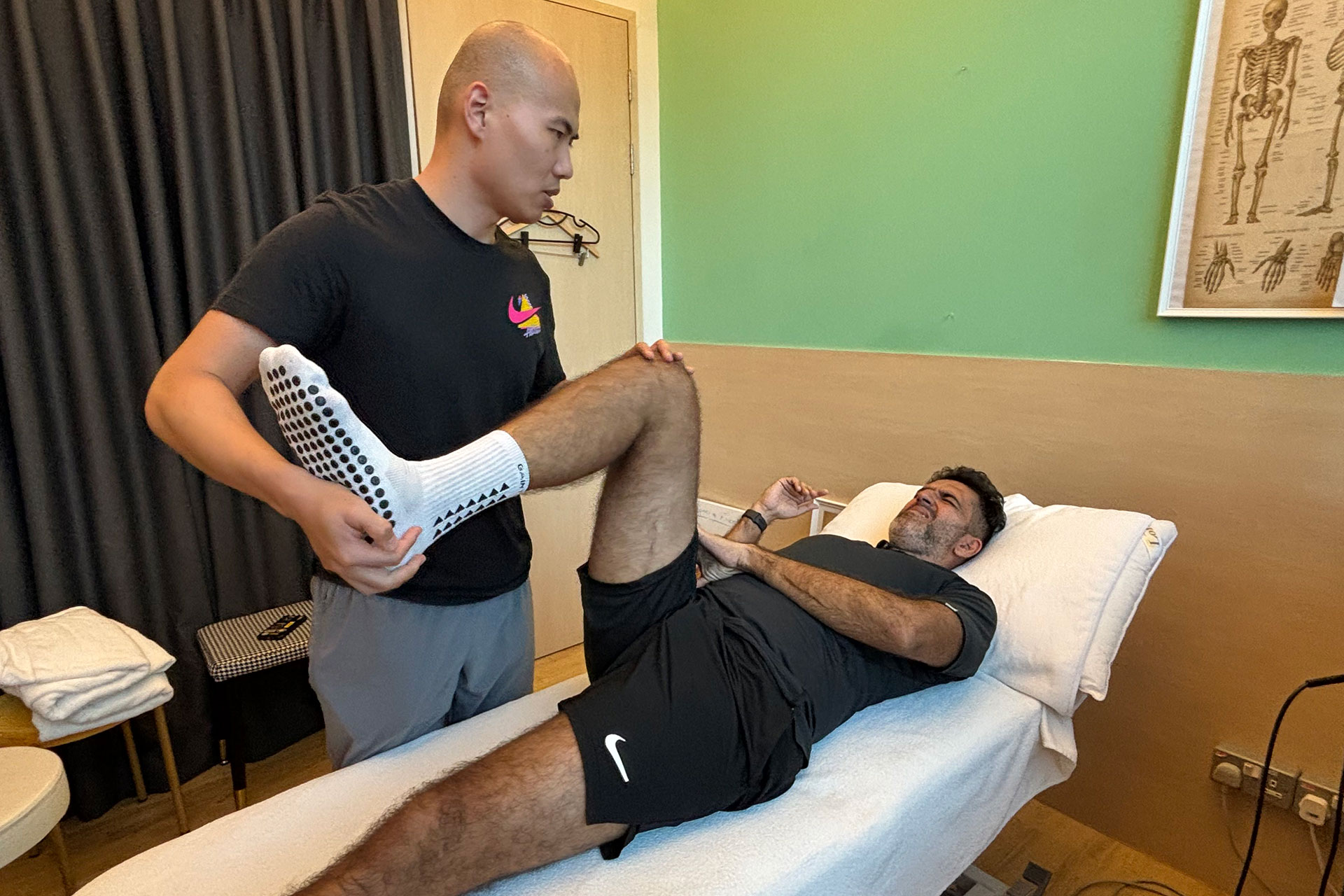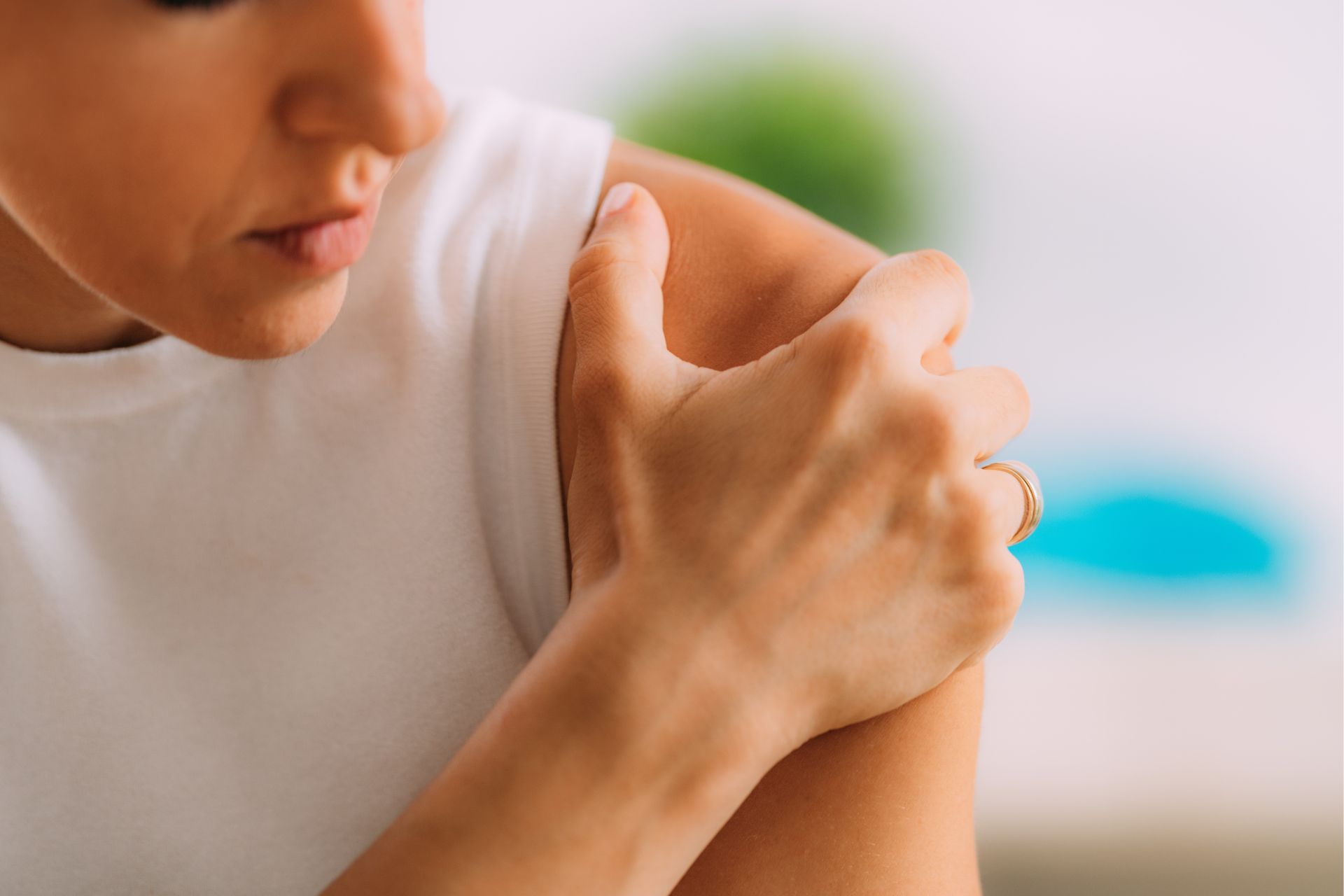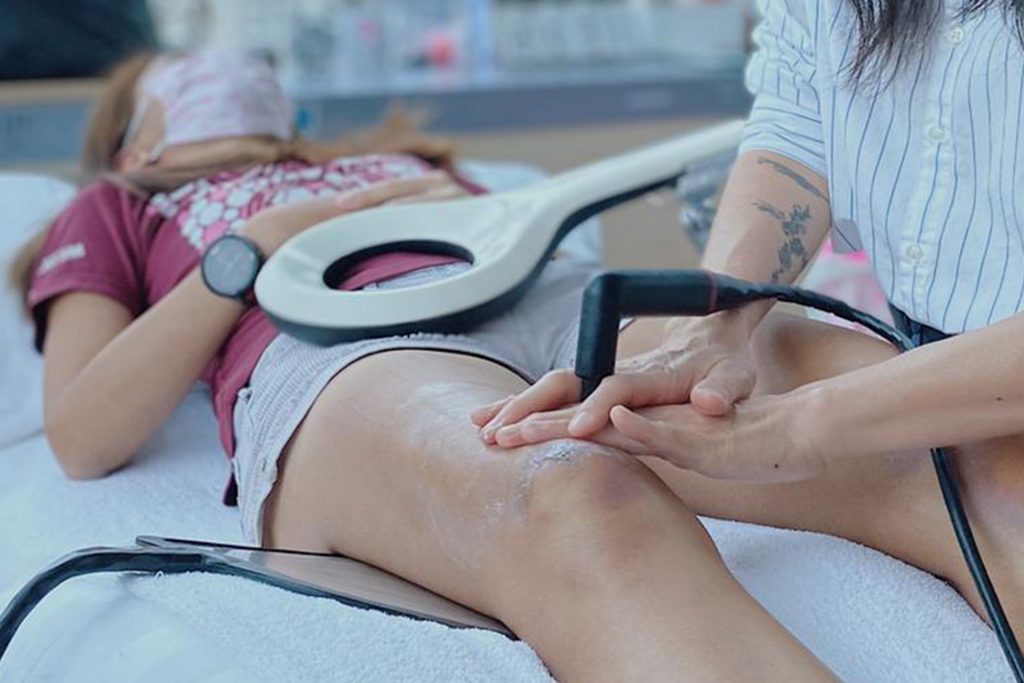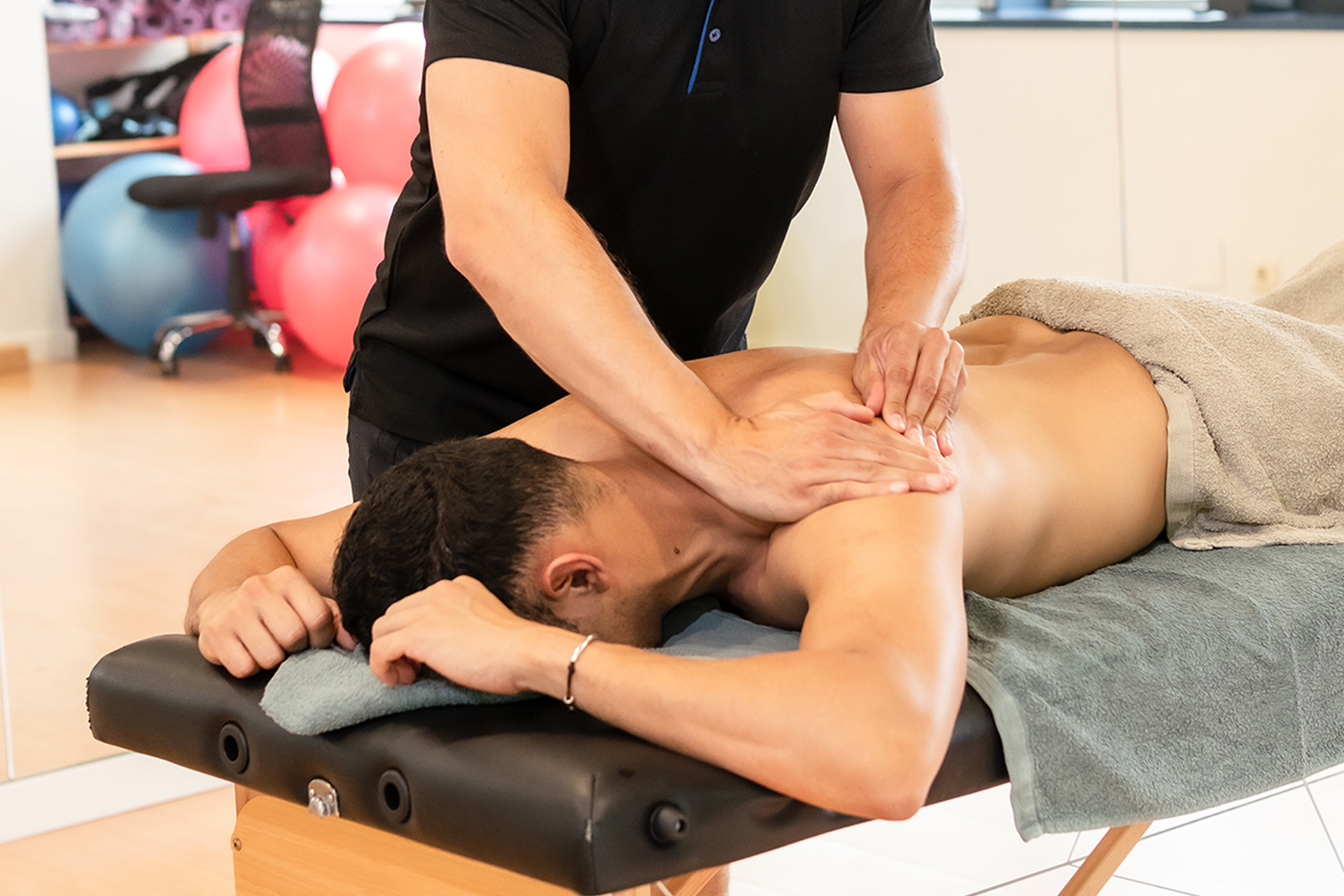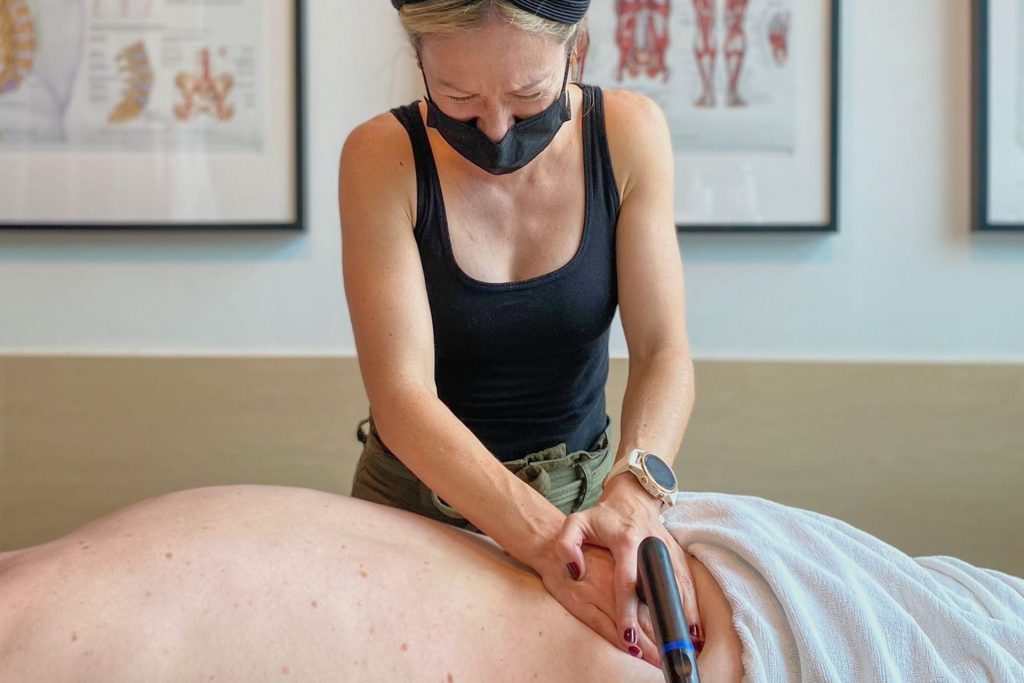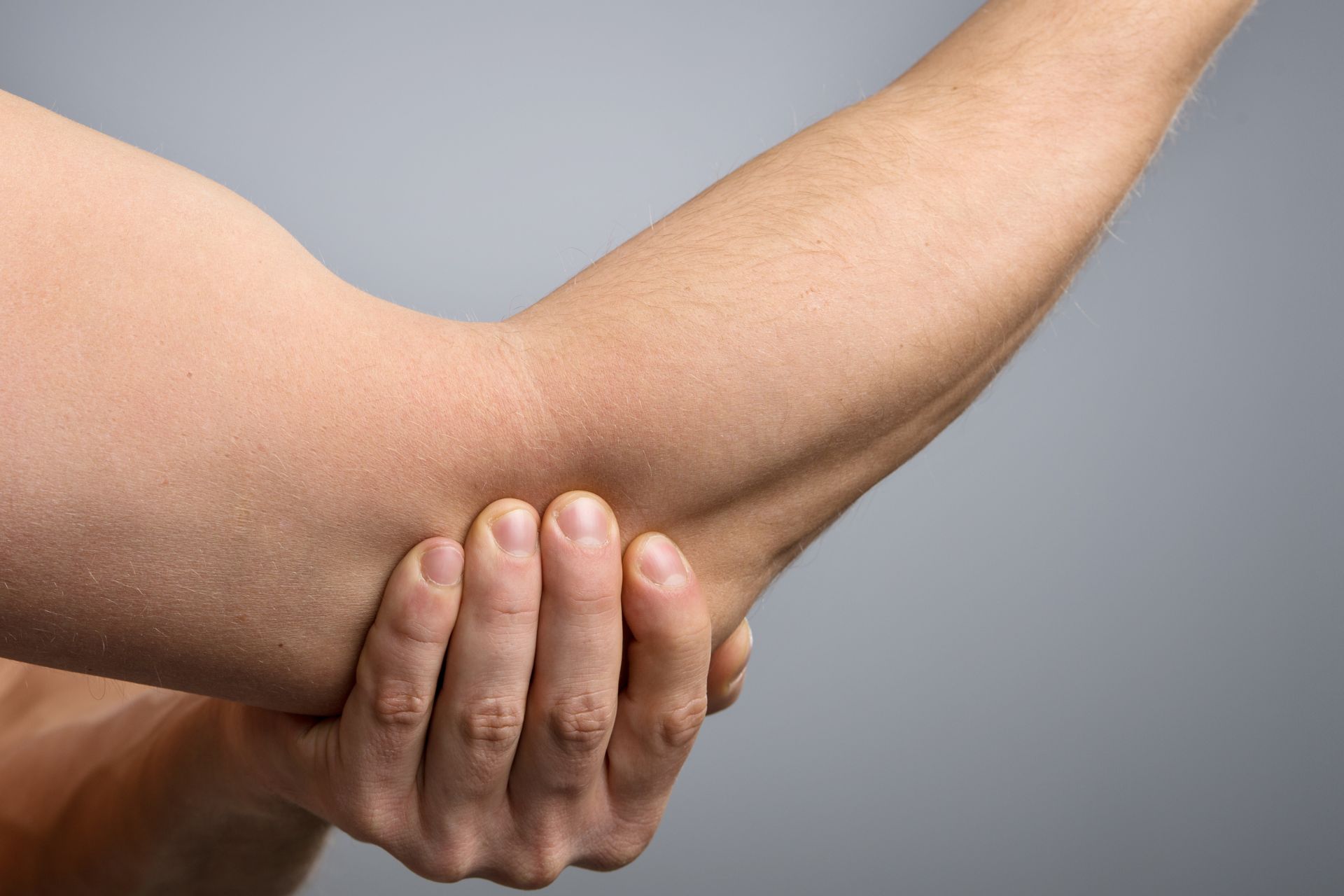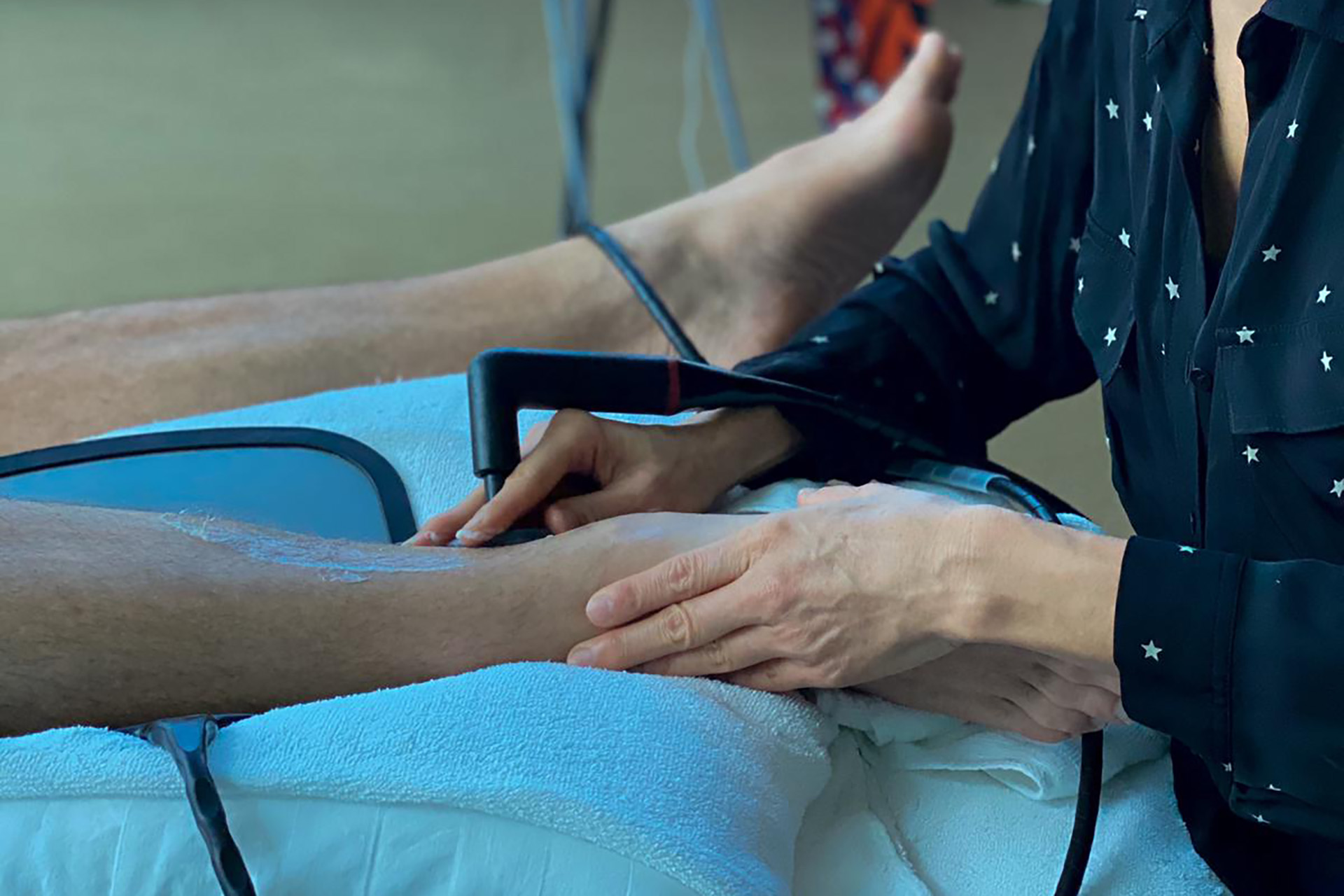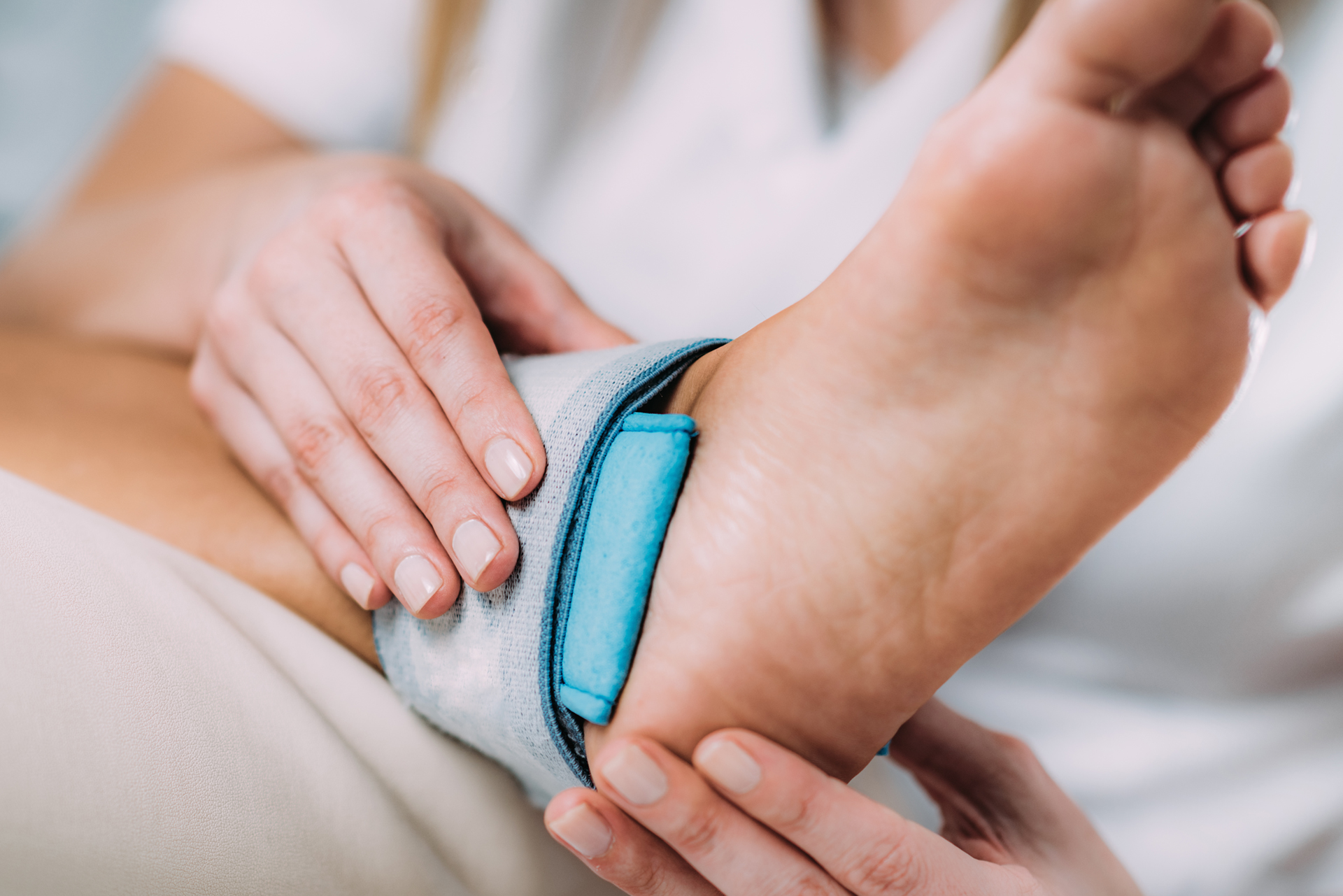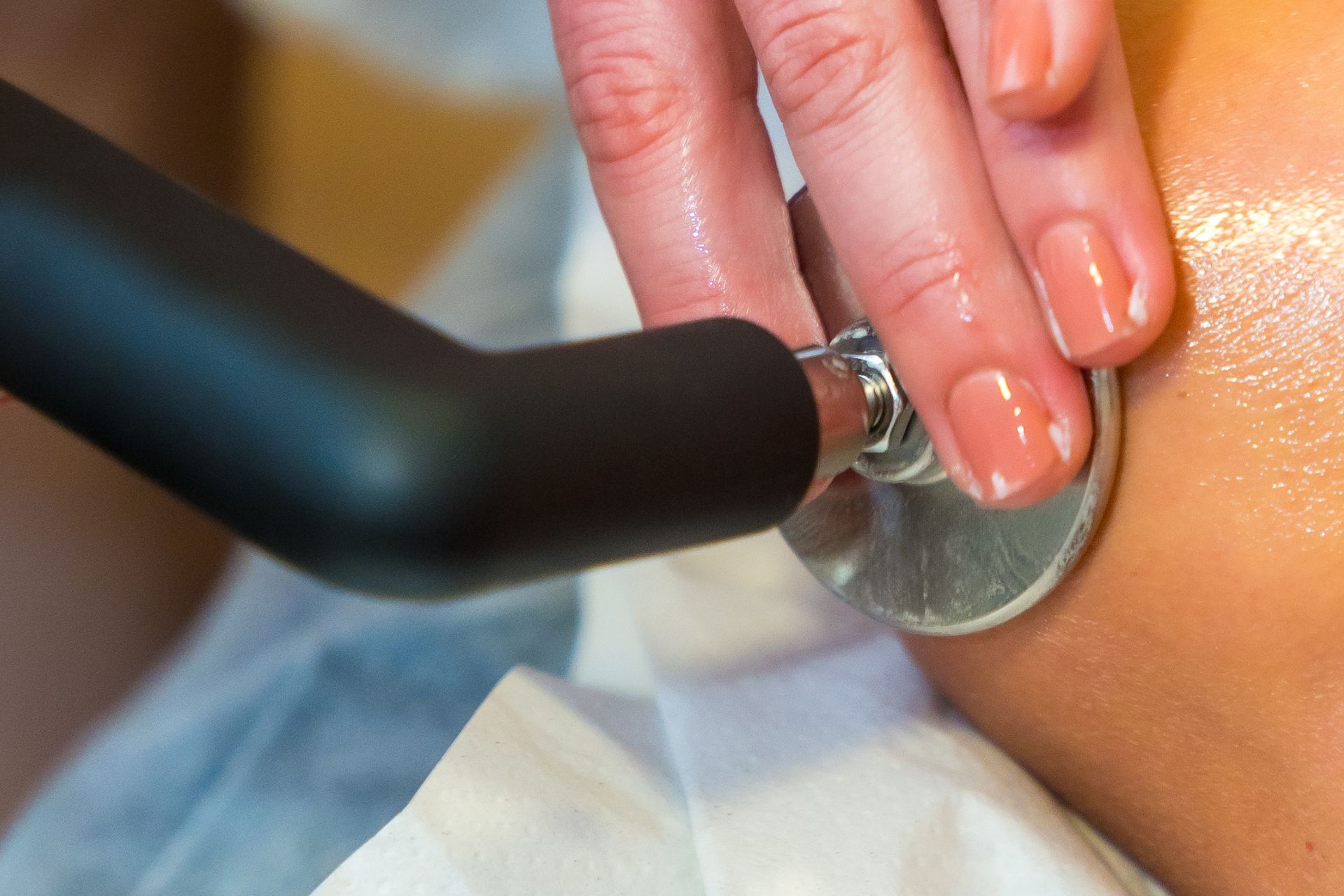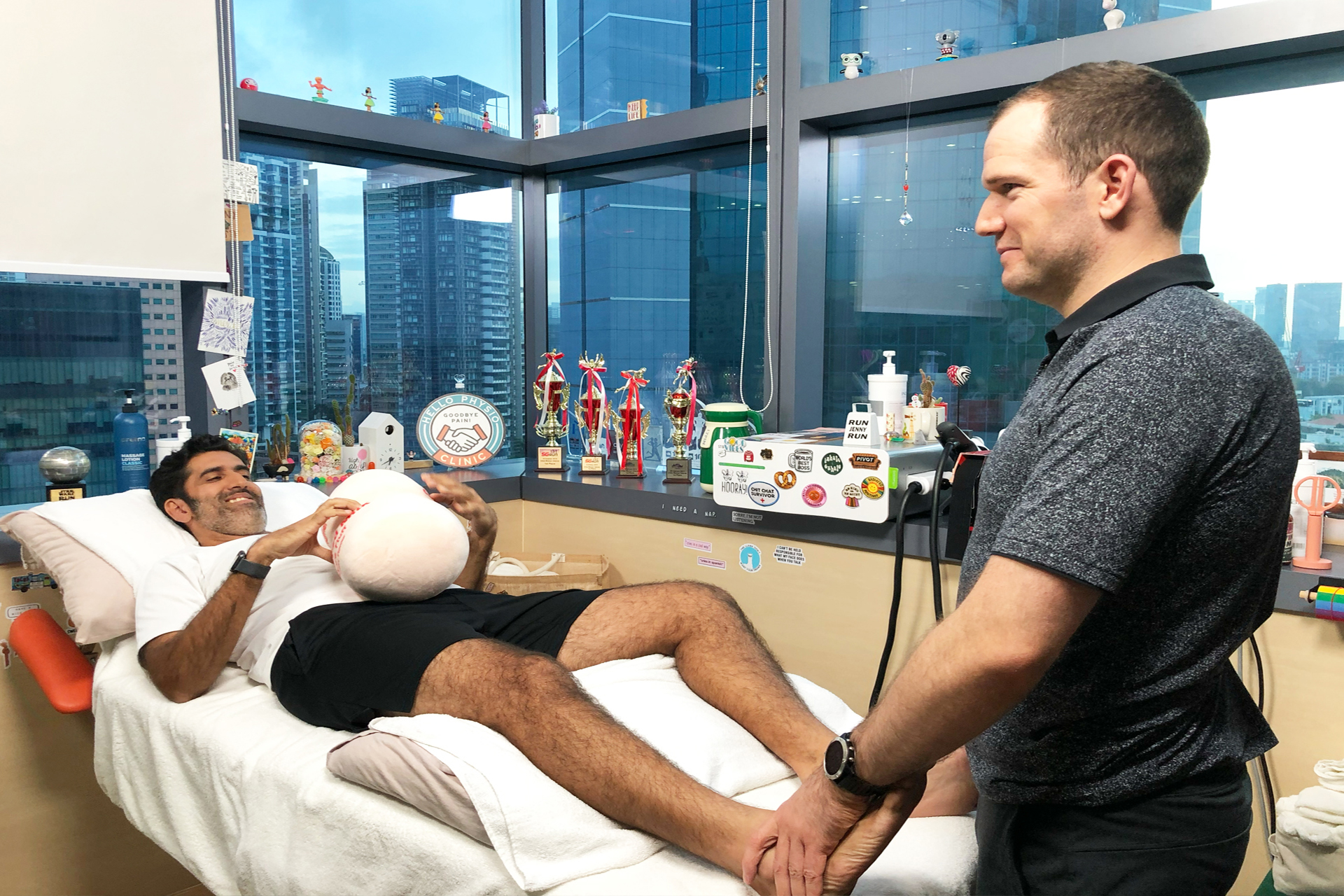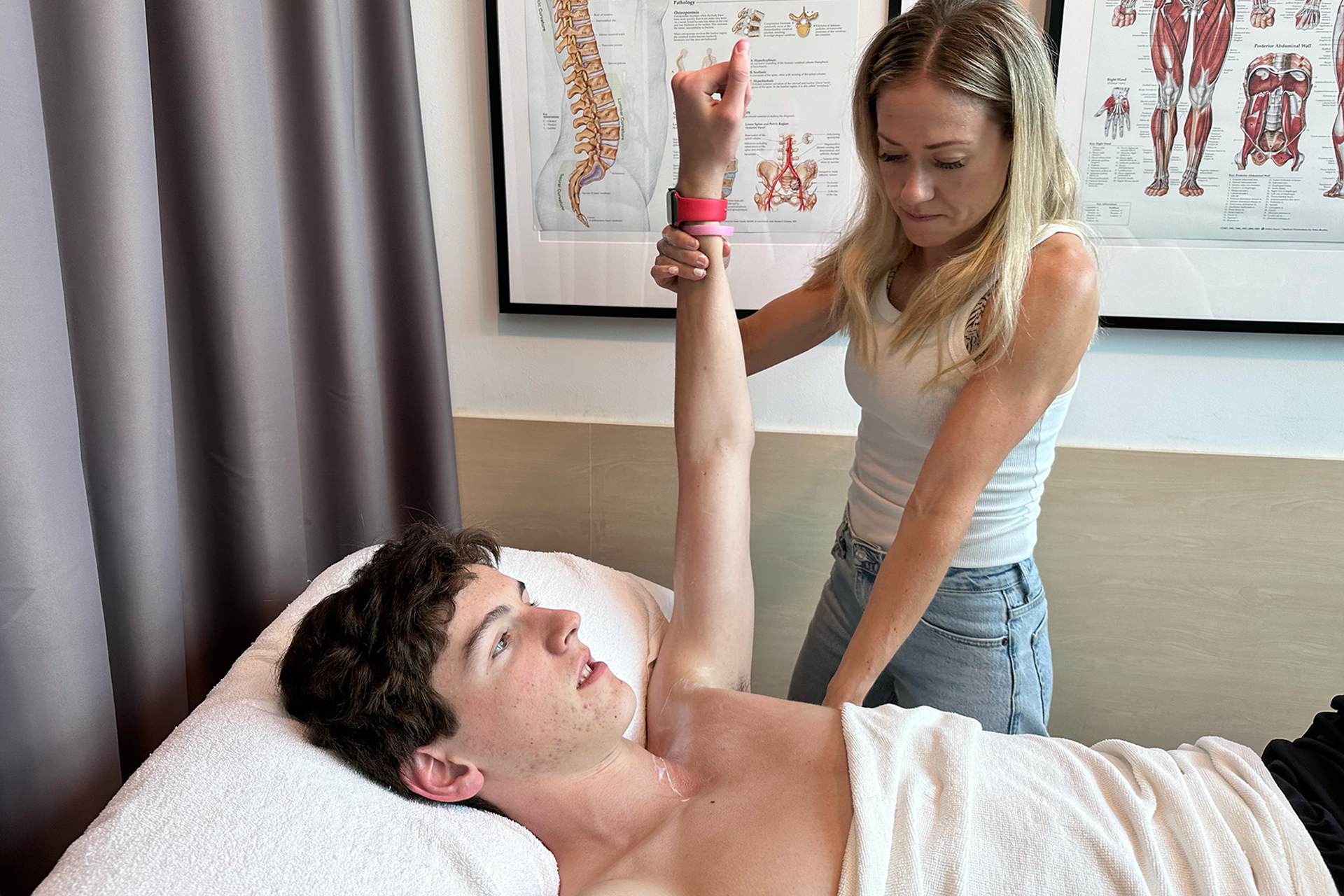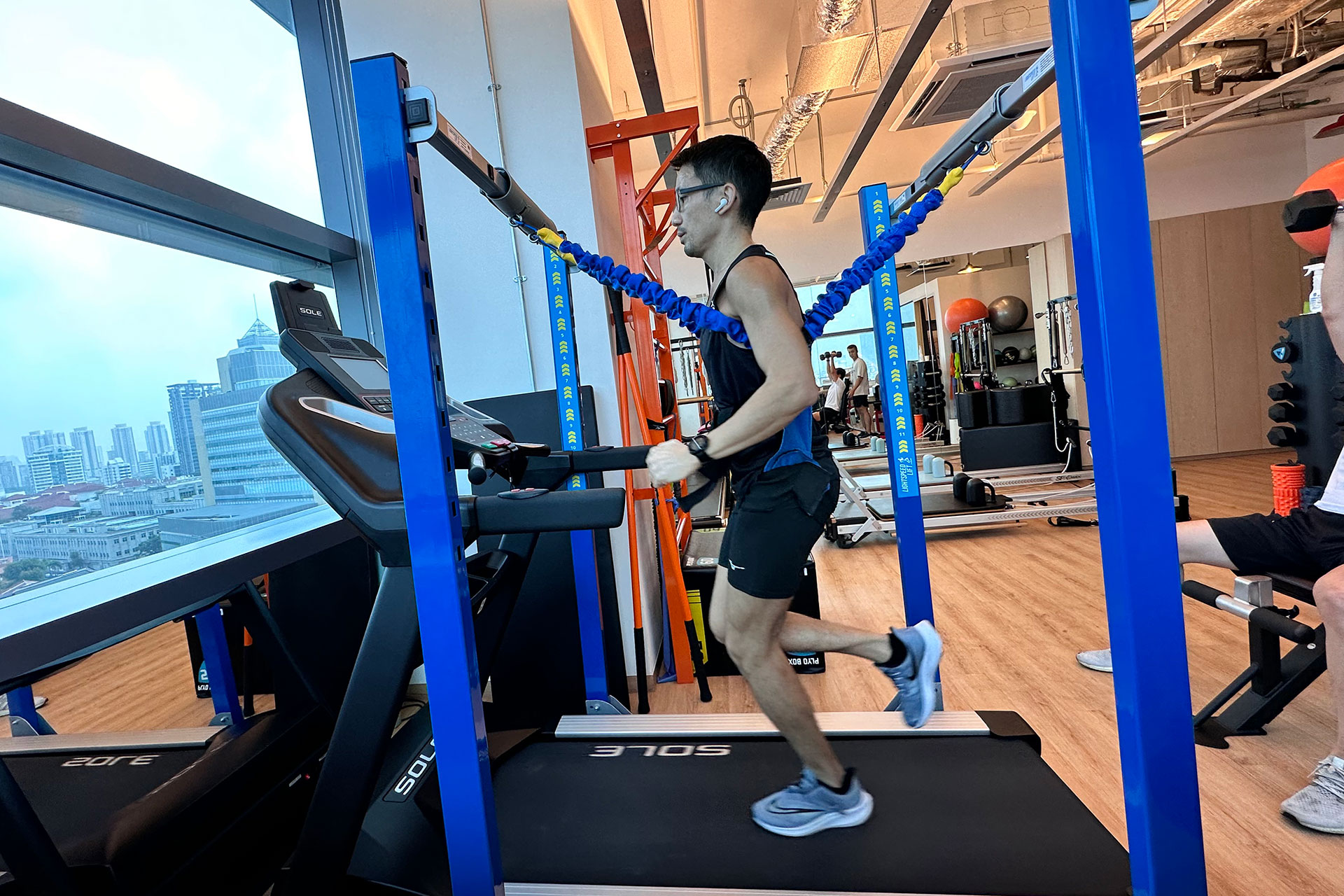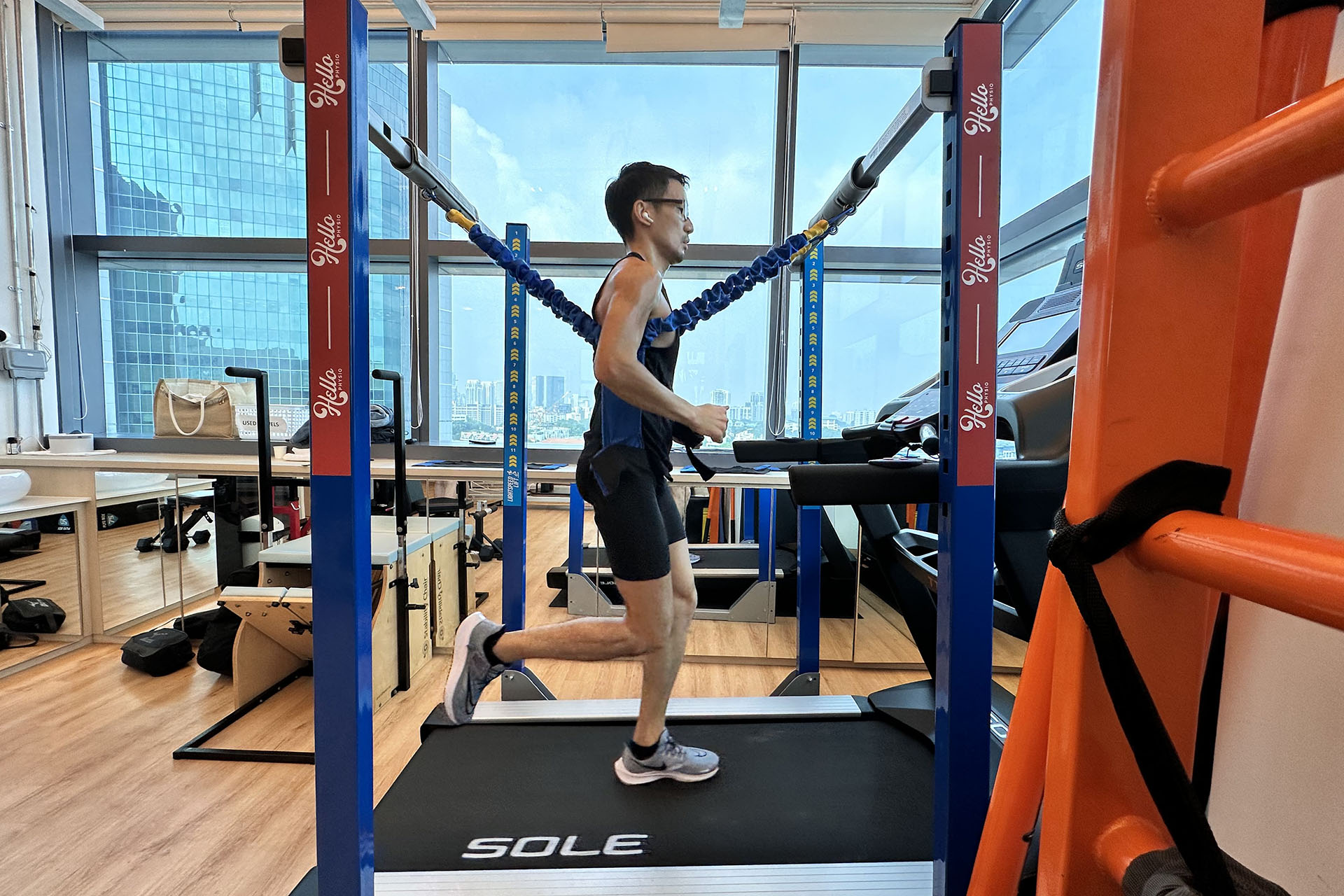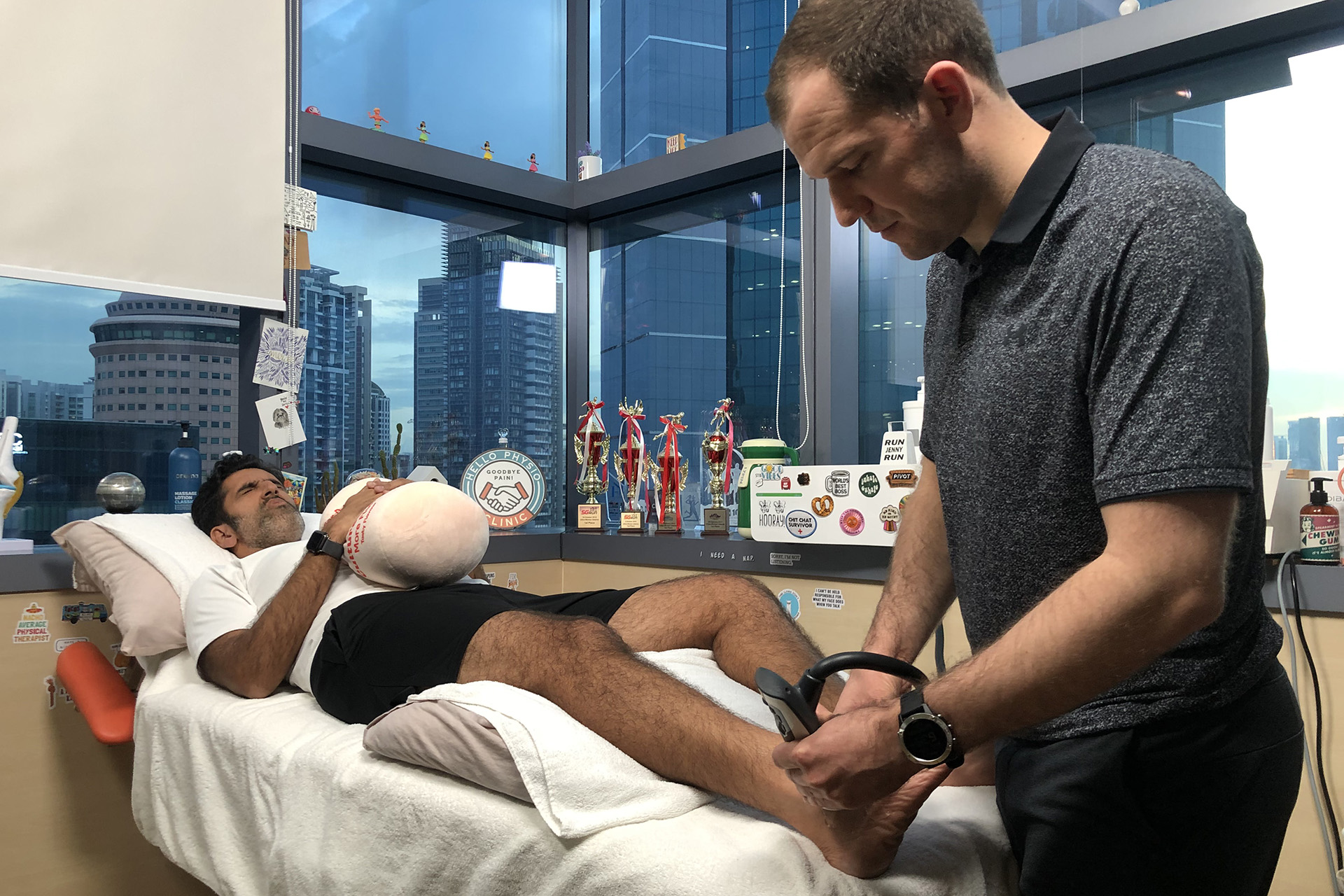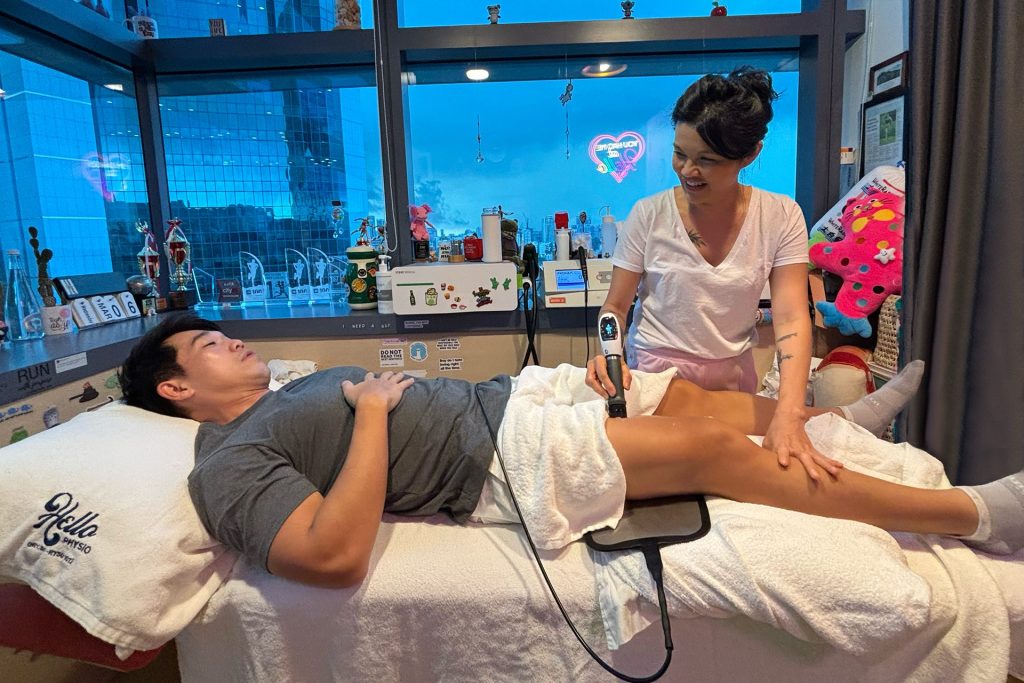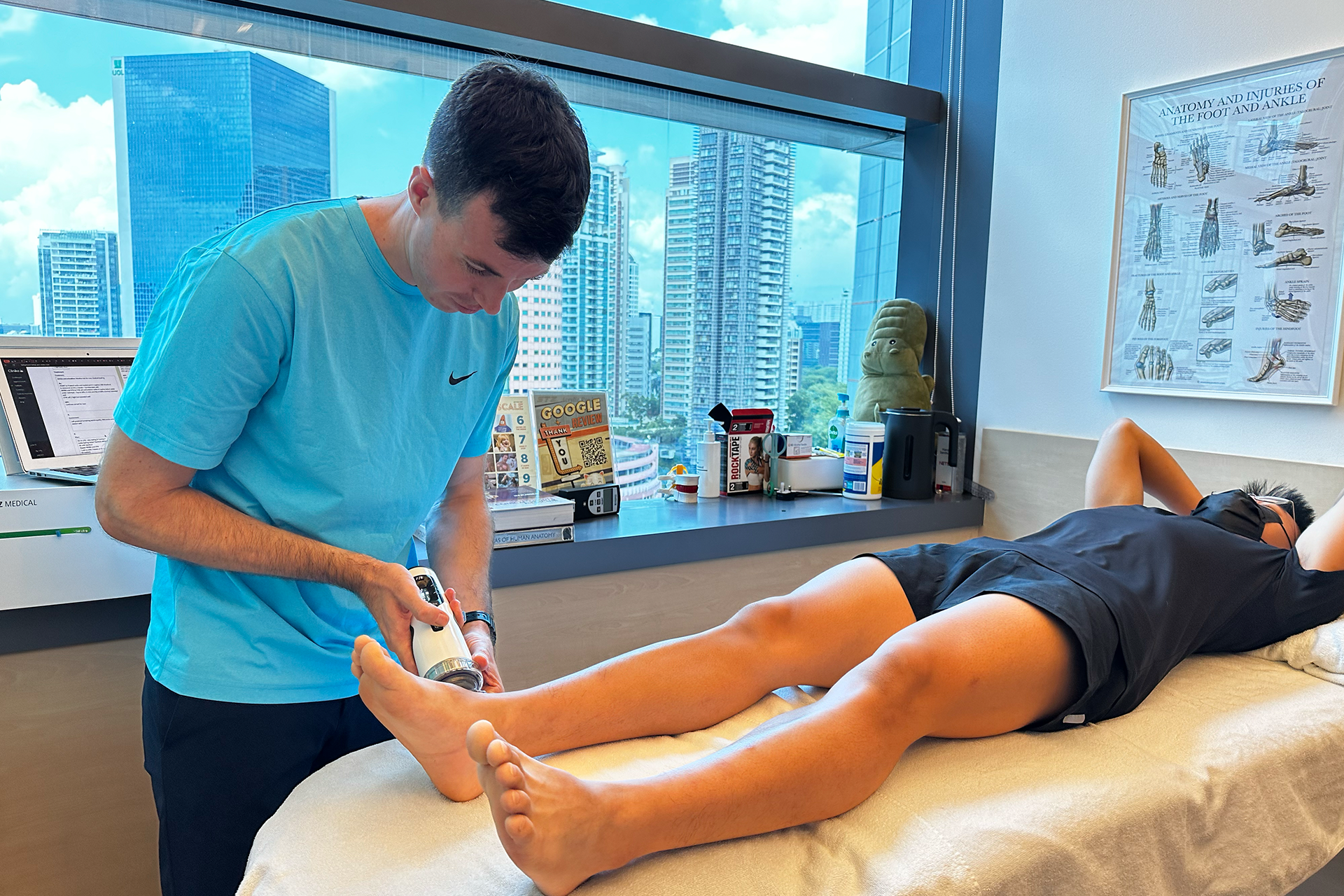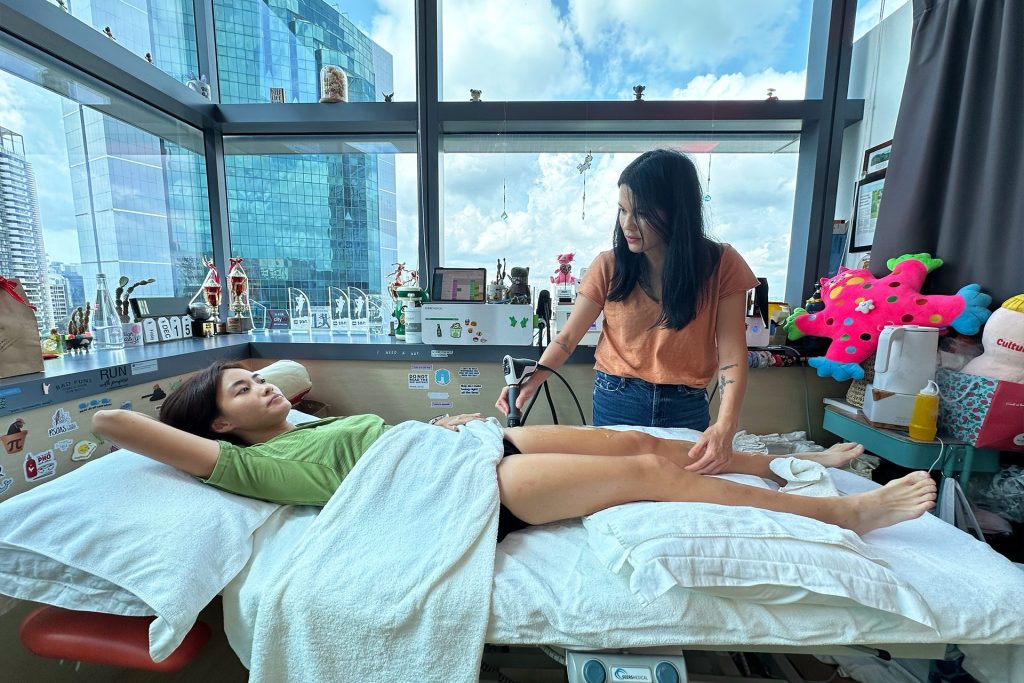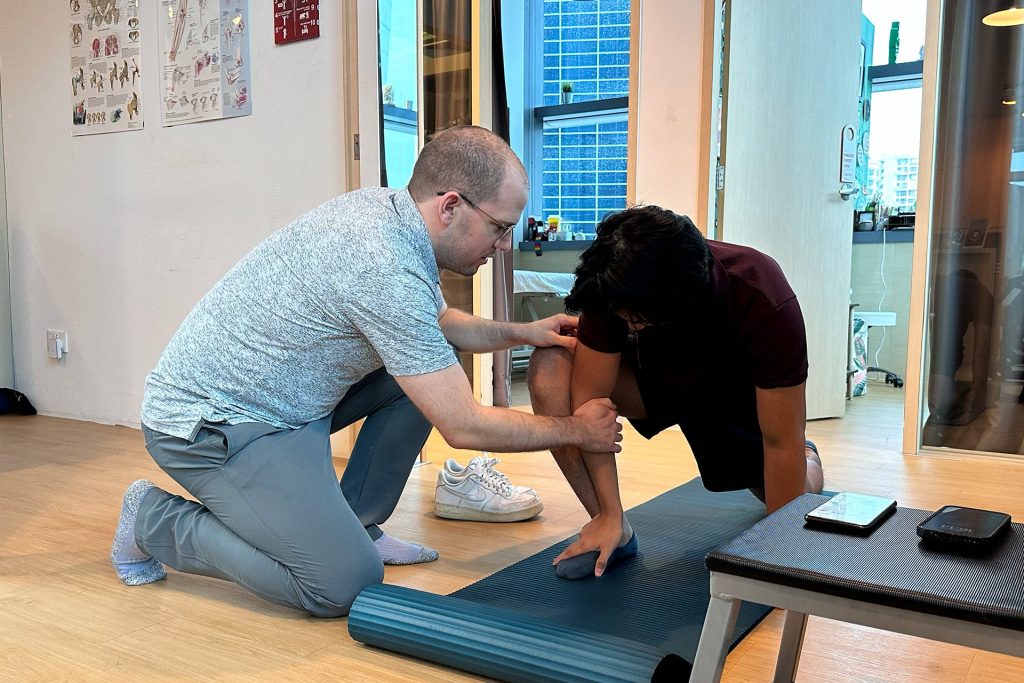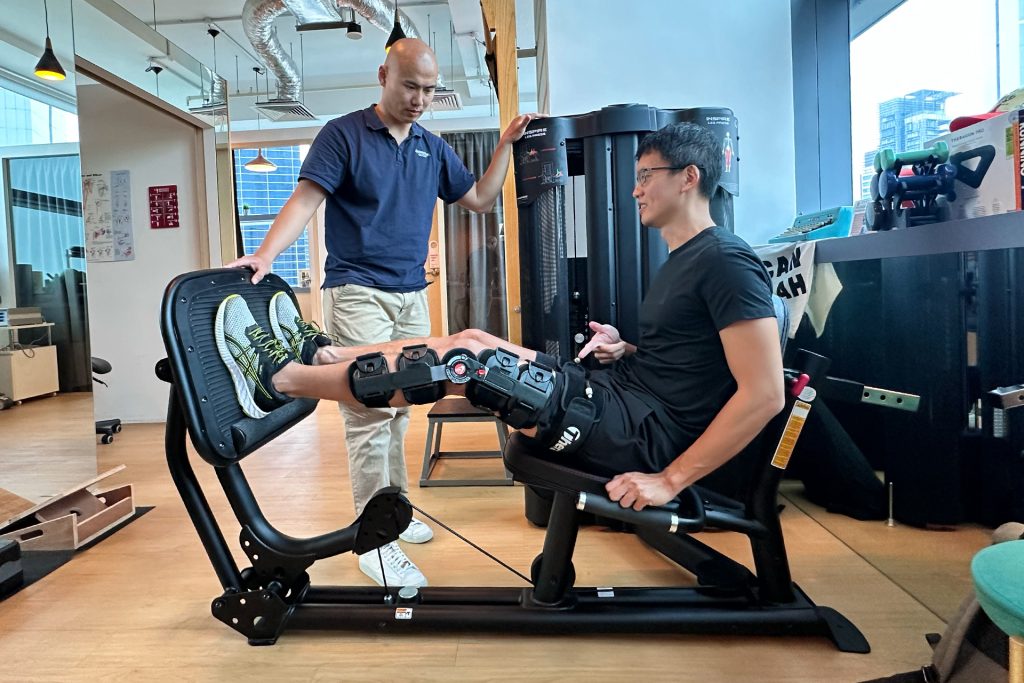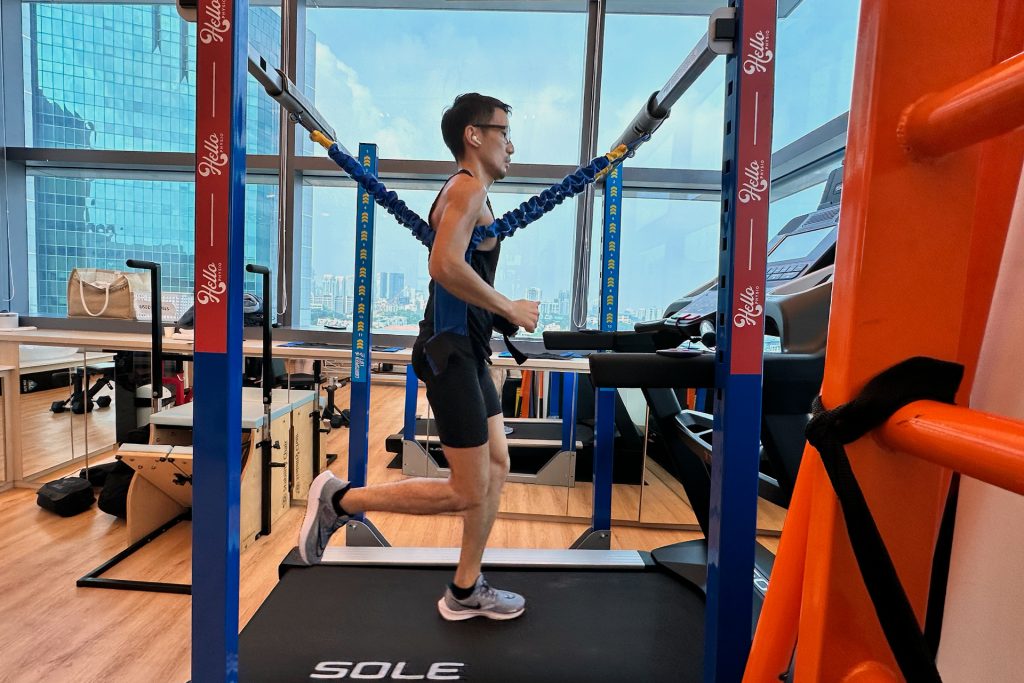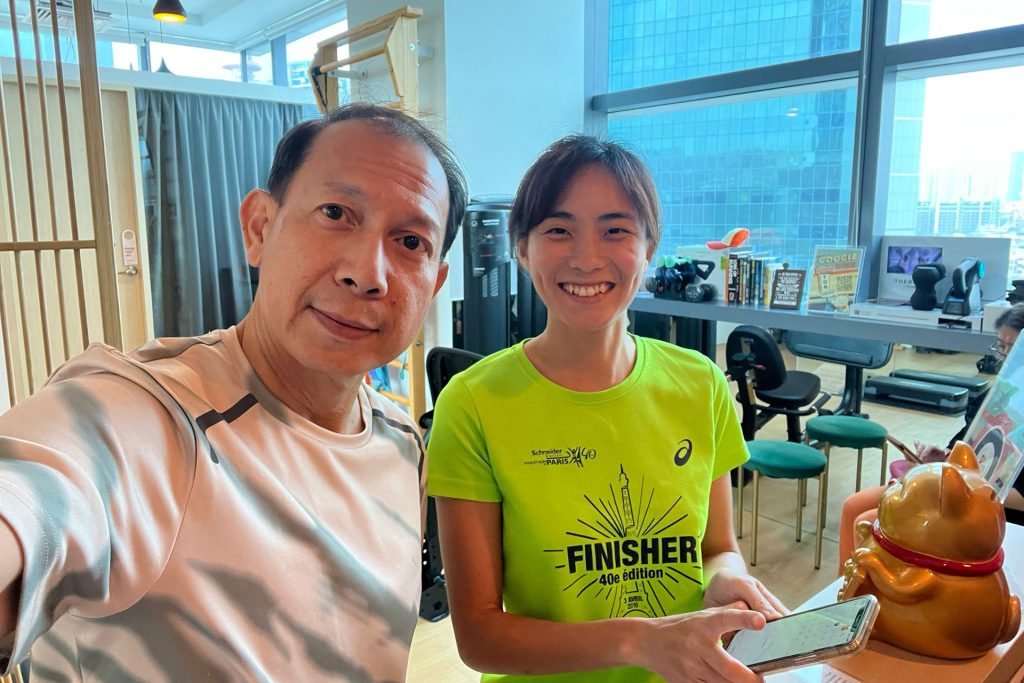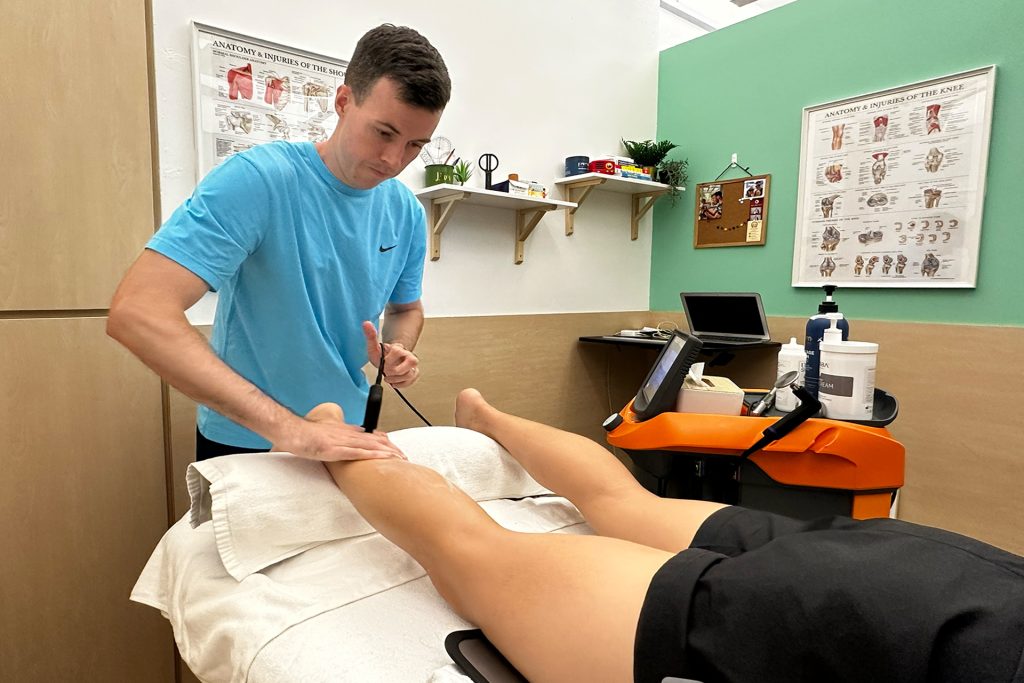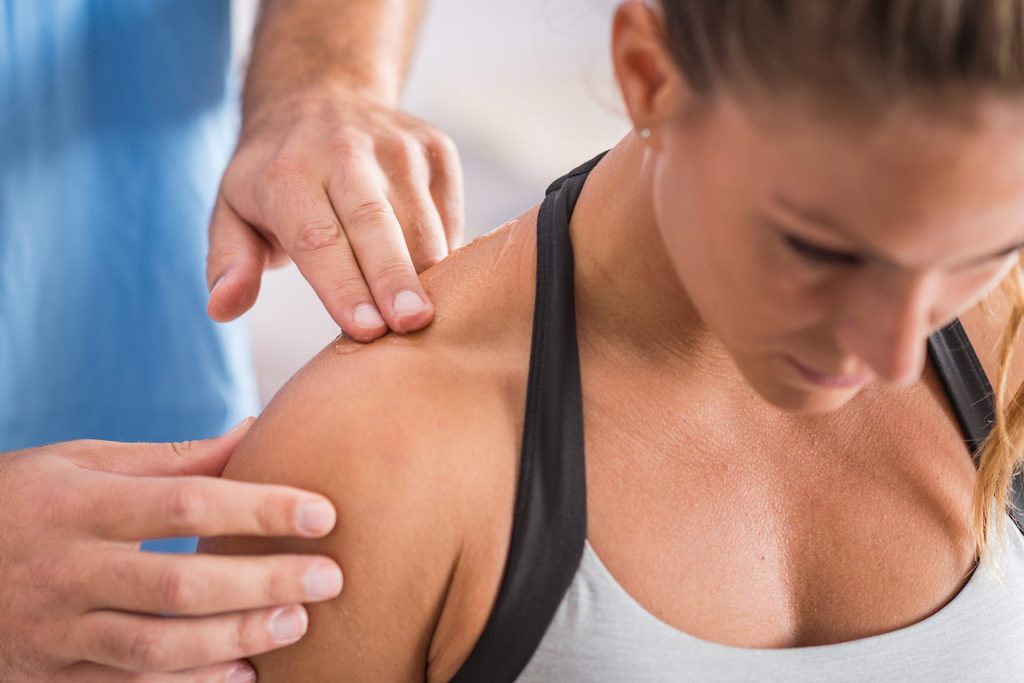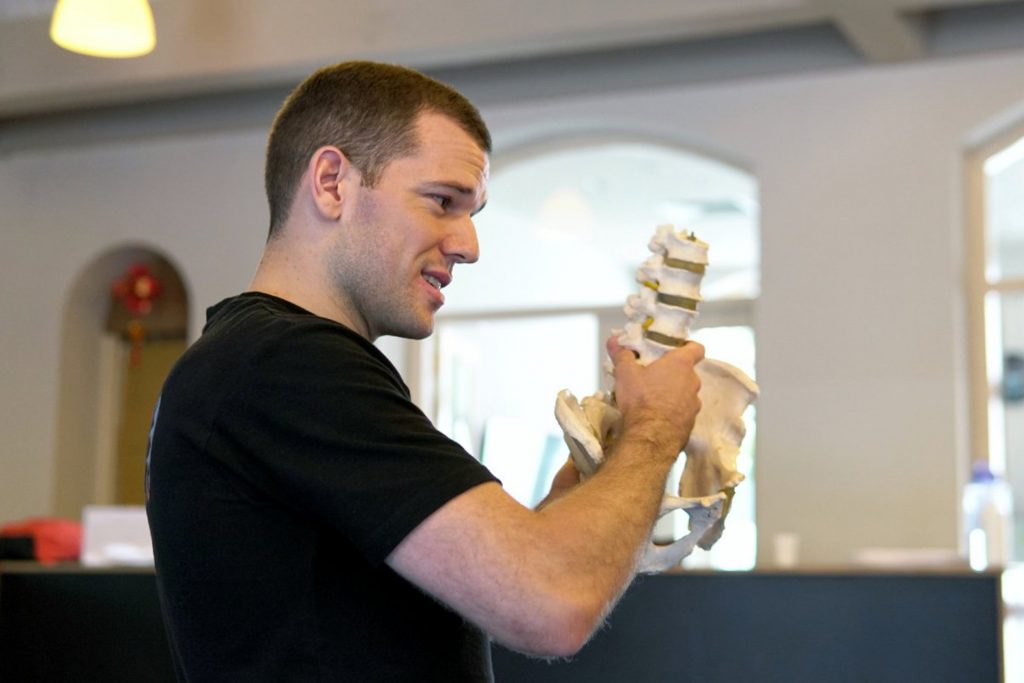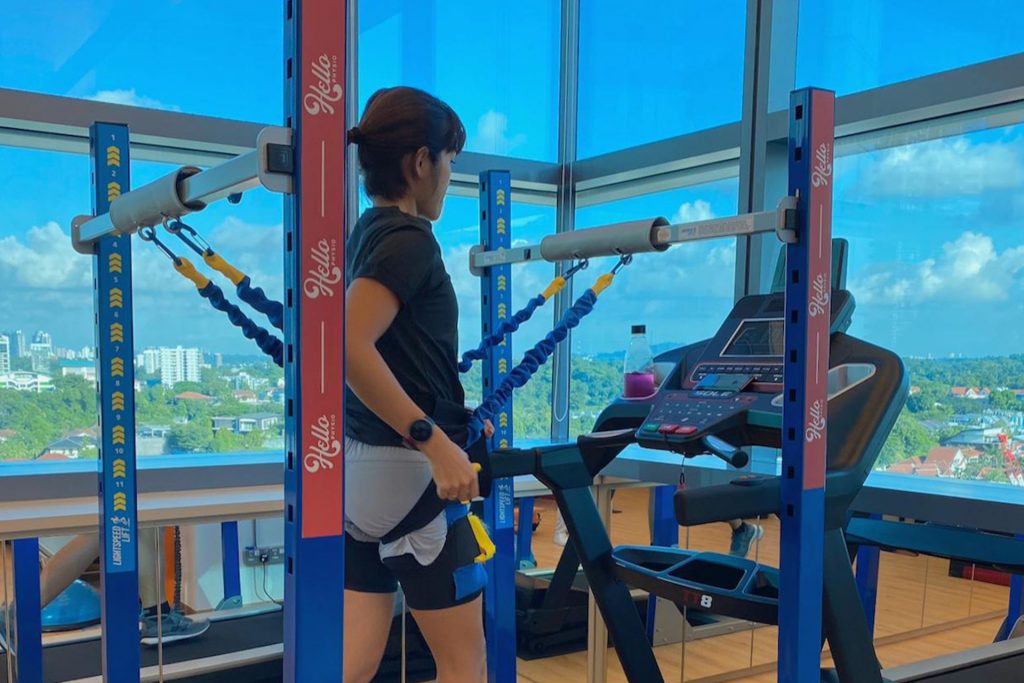|
Getting your Trinity Audio player ready...
|
Knowing the basics of Achilles heel pain
Achilles heel pain refers to discomfort or soreness in the back of the heel, often extending up into the calf. This pain is typically associated with inflammation or degeneration of the Achilles tendon. The pain can range from mild to severe and may worsen with activity, especially activities that involve running or jumping.
Common causes of heel and Achilles pain include overuse, poor footwear, tight calf muscles, age, and biomechanical issues such as flat feet or high arches, which can affect how weight is distributed on the foot, potentially leading to Achilles tendon problems.
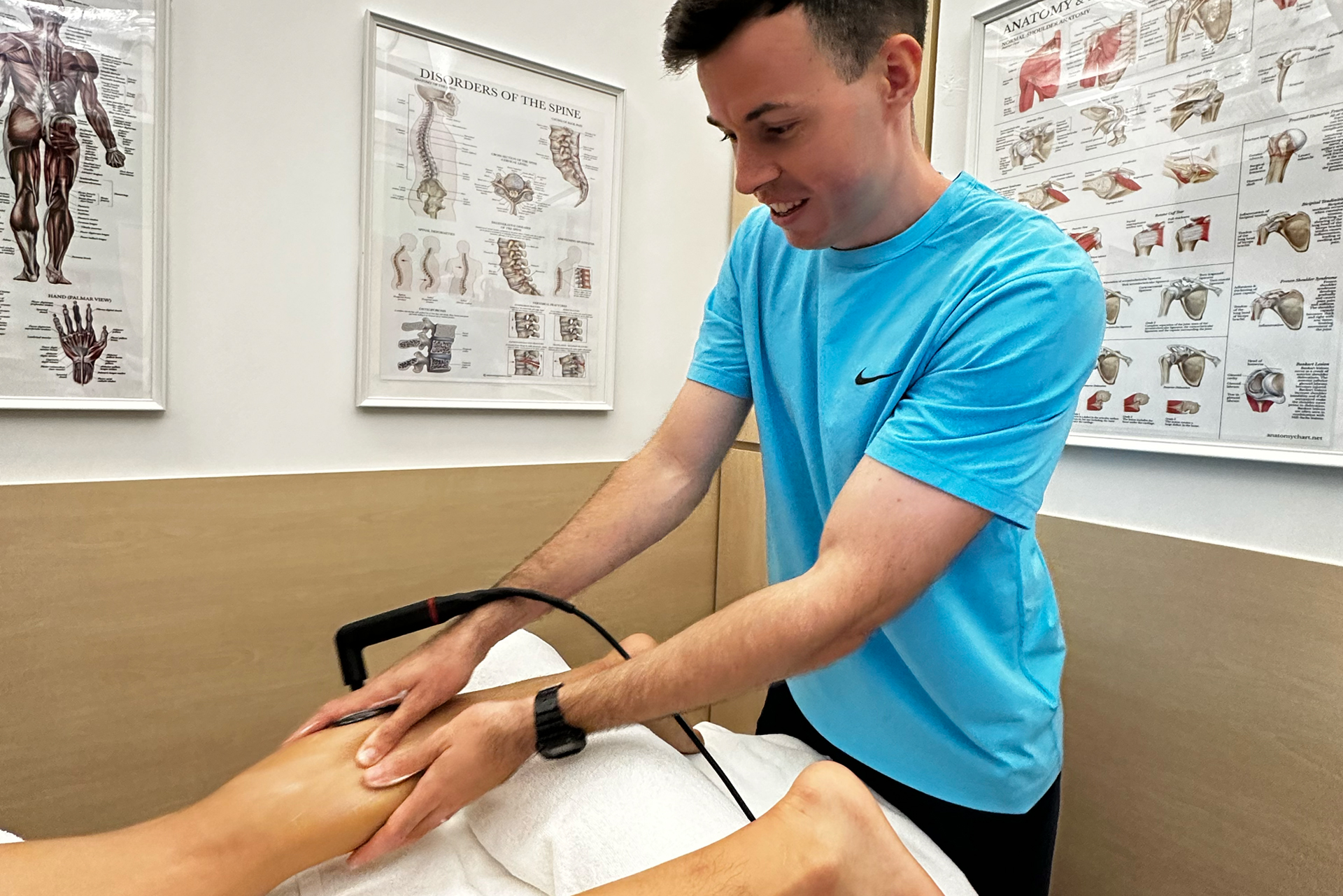
Symptoms to watch for include:
- Pain and stiffness along the Achilles tendon, especially in the morning
- Severe pain after exercising
- Thickening of the tendon
- Bone spur (extra bone growth) at the back of the heel
- Swelling that worsens throughout the day
Prevention strategies include gradually increasing exercise intensity, wearing proper footwear with adequate support, stretching and warming up before physical activities, strengthening calf muscles to support the Achilles tendon, and cross-train with low-impact activities to reduce stress on the tendon.
Your heels cry in agony when you wake
Waking up to heel pain can be attributed to several factors. Achilles tendinitis often leads to morning stiffness because the tendon becomes rigid overnight, causing discomfort with initial movement.
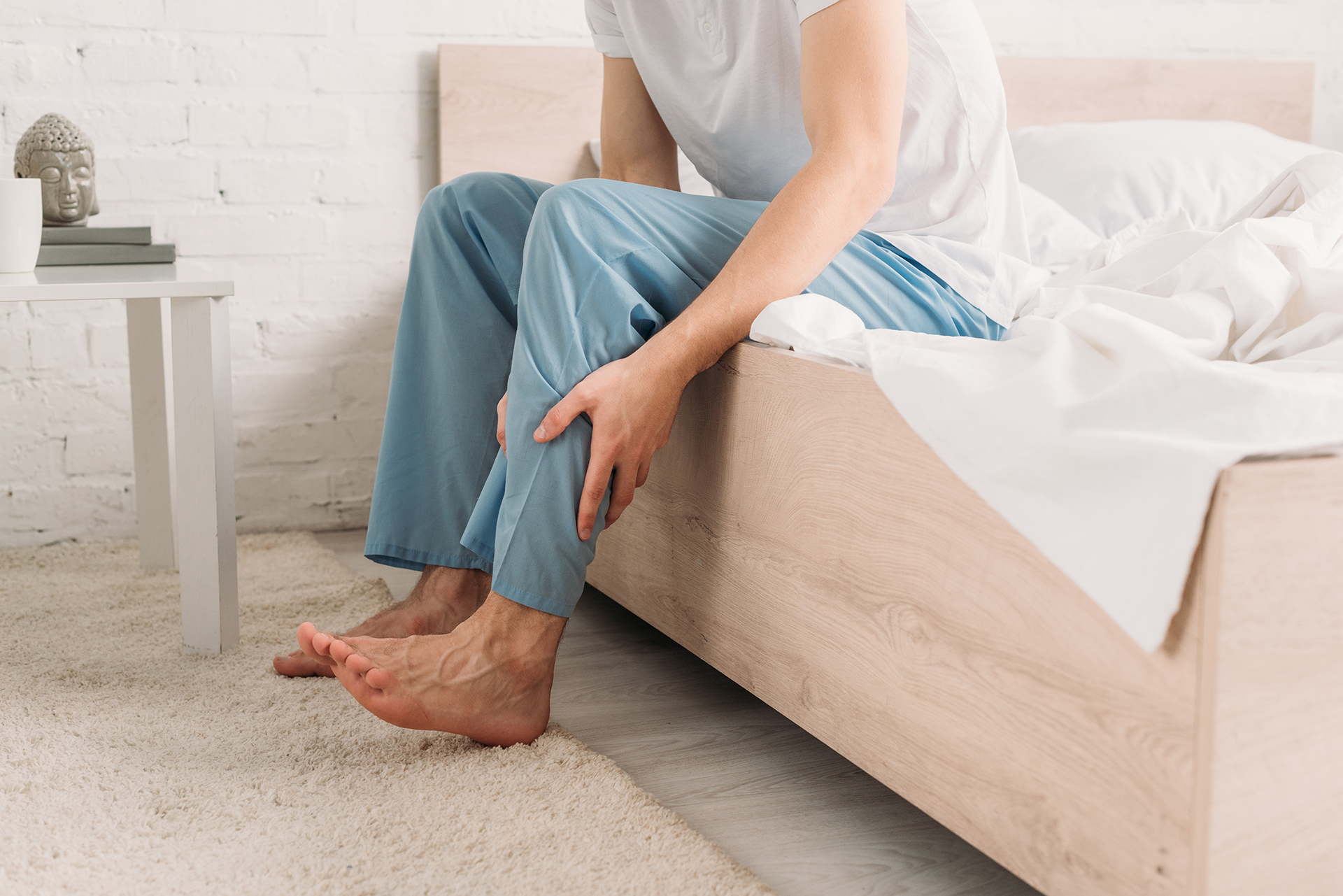
Plantar fasciitis is another common cause of sharp heel pain during the first steps out of bed. Reduced blood flow to the feet and ankles while sleeping contributes to this stiffness and pain.
Additionally, sleeping with feet pointed downward tightens the Achilles tendon overnight. Increased activity levels or recent injuries can inflame the tendon, leading to noticeable morning pain. Persistent or worsening pain warrants a consultation with a physiotherapist for accurate diagnosis and treatment.
Adjunctive treatments for Achilles heel pain
Achilles heel pain, a persistent and debilitating condition, can now be effectively treated with adjunctive therapies that complement traditional physiotherapy. These cutting-edge treatments accelerate healing, reduce pain, and improve overall function.
INDIBA® Activ therapy uses radiofrequency technology to promote cellular regeneration and accelerate healing, which is particularly effective for chronic Achilles tendinopathy.
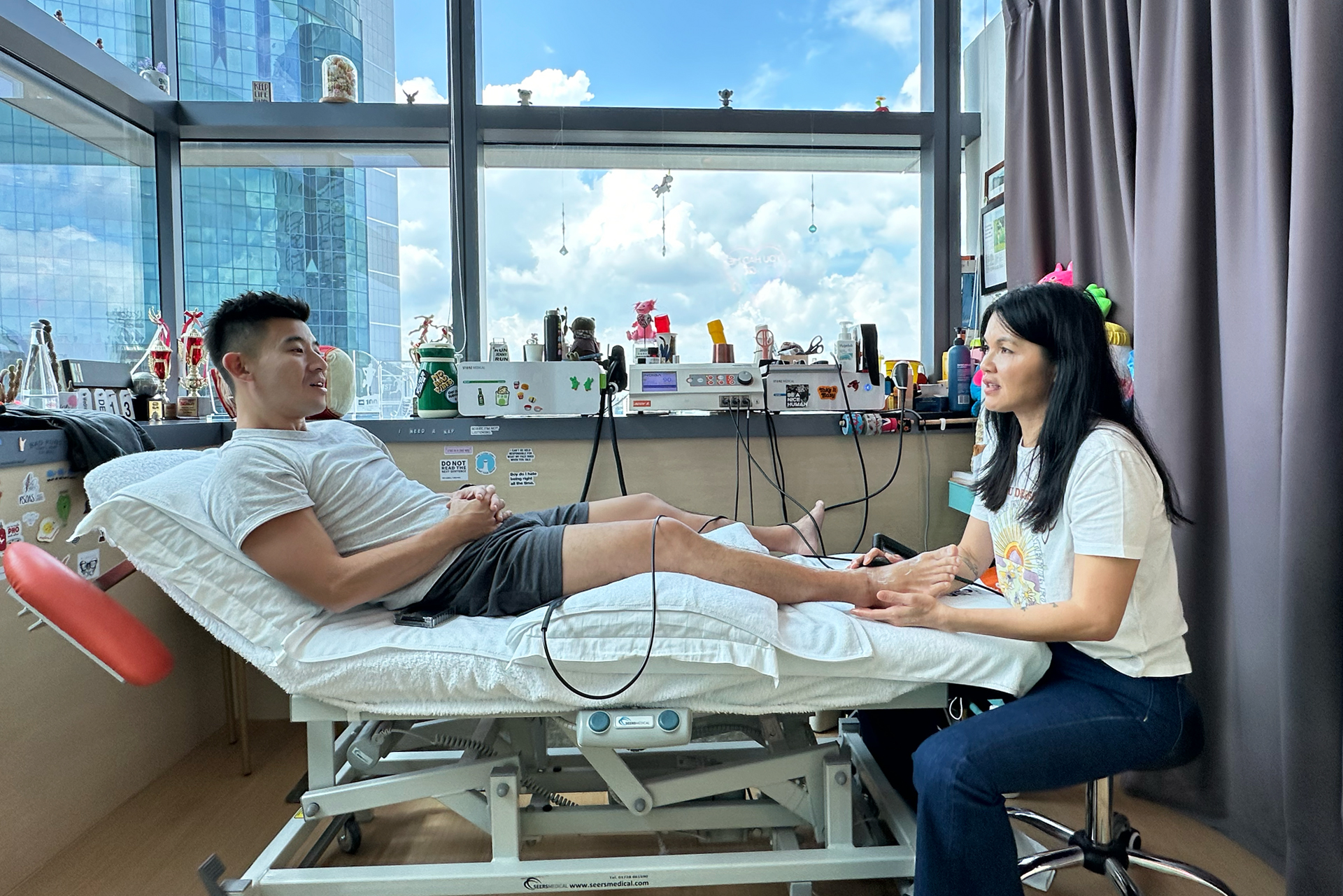
Shockwave Therapy delivers high-energy acoustic waves to stimulate natural healing processes, improving blood supply and breaking down scar tissue.
These modern treatments are most effective when combined with physiotherapy approaches such as manual therapy, mobilization, and prescribed exercises. This multi-modal approach can lead to faster recovery times, reduced pain, and improved functional outcomes, allowing patients to return to normal activities with a reduced risk of re-injury.
Achilles heel pain is a complex condition requiring a comprehensive diagnosis, treatment, and prevention approach.
By understanding the basics of this condition, recognizing its symptoms, and implementing preventive strategies, individuals can take proactive steps to maintain their Achilles tendon health. When pain persists or worsens, seeking professional help is crucial.
Modern adjunctive treatments and traditional physiotherapy techniques offer promising solutions for Achilles heel pain. Each case is unique, and a personalized treatment plan developed by a qualified physiotherapist is key to achieving optimal recovery and preventing future injuries. With the right care and attention, it’s possible to overcome Achilles heel pain and return to an active, pain-free lifestyle. Schedule an appointment with one of our senior physiotherapists today.

